Image source : https://www.nyoooz.com/features/lifestyle/musings-in-the-times-of-covid-19.html/3479/
As Covid lockdown locks down life at office, morning walks and all frequent and occasional shopping sprees, the immediate realization of the real worth of all that you lived for is astounding. Your big and small vehicles have no use, outfits that were your style statements are wearily gathering dust in the wardrobe, the bank balance finds use only for the essential needs for sustenance. If it was not for those pre-existing loans, all that salary was not really required. You realize, work is indeed possible from home. And work do not really need all that time spent at workplace. As worship sessions in large gatherings cease, the ultimate and noble realization dawns. God do not really need huge structures to delve in. He/she just needs humane hearts.
Even as humans relax and contemplate upon the real worth of all that was sought for, the planet is in recoup mode, and its other species are reclaiming the spaces left vacant by its self-proclaimed supreme being. The air is cleaner, rivers clear of industrial wastes, the humdrum of markets replaced by silences. The country records its best air quality indices of the decade.
When Nilgai come to the roads in Gurugram, the rhino visits towns adjacent to Guwahati, elephants go searching for people at forest checkposts in Kerala, dolphins return to the ports in Italy, the shy Sika deer roam the streets in Japan, prides of lions hang out on the roads of Kruger NP in South Africa, and many more sightings of otherwise shy wild animals in human habitations, we are gently reminded that they are just visiting their old homes. We, the most arrogant of species on earth never think of the number of nests on a tree when we cut one down, or the small and large animal refugees when tracts of forests are cleared for human use. But nature definitely has its own effective and insurmountable methods of reclaiming its spaces. Covid is just one.
An old movie flashes into memory. Two brothers. A story of two tiger cubs separating and reuniting. The foreigner hunter cum writer of the movie transporting ancient sculptures recovered from dense forests, through rivers is one of the shots in the movie. It gives a feeling of huge cities overgrown by dense forests. Plants easily overgrow neglected places is a fact just too familiar. Ecology calls it succession. The natural process of reclaiming of spaces. An unintended encounter while flicking pages online was with Kaliakra in Bulgaria, where history was taken over by nature …Another, while trying to explore the picturesque settings of the movie “Two brothers” was Mahendraparvata.
Mahendraparvata of Cambodia is a huge ancient city that was mentioned in ancient stone inscriptions.The once-mighty metropolis was one of the first capitals of the Khmer empire, which ruled in Southeast Asia between the 9th and 15th centuries. It was long believed that the ancient city was hidden beneath thick vegetation on a Cambodian mountain, not far from the temple of Angkor Wat. Cambodians have been making religious pilgrimages to the site for hundreds of years. Recently, researchers combined air borne laser scanning with ground surveys and excavations to weave a narrative of the development and demise of this ancient city. Maps of the city have been created using LIDAR (light detection and ranging) technology. The detailed maps show a well-planned city overgrown by thick vegetation on the mountain of Phnom Kulen, Cambodia. The Phnom Kulen is presently a national park in the Siem Reap province of Cambodia, established in the year 1993. A large city and innumerable temple complexes, which were part of the Indian cultural zone taken over by nature.
Kaliakra is a site of more recent history. It is a long and narrow headland in the Southern Dobruja region of the northern Bulgarian Black Sea Coast. The Kaliakra peninsula stretches 2km into the Black Sea. Offering a strategic vantage point over the Black Sea, the cape has seen a long history of fortifications; occupied successively by the Thracians, the Romans, the Byzantines, the Bulgarians, the Ottoman Empire and the Kingdom of Romania. It features the remnants of fortified walls, water-main, baths and residence of Despot Dobrotitsa (1379-1386) in the short-lived Principality of Karvuna’s medieval capital. The coast is steep with vertical cliffs reaching 70 metres (230 ft) down to the sea.
Kaliakra is presently a nature reserve, where dolphins and cormorants can be observed. It sits on the Via Pontica, a major bird migration route from Africa into Eastern and Northern Europe. Many rare and migrant birds can be seen here in spring and autumn and is home to several rare breeding birds (e.g. pied wheatear and a local race of European shag). The rest of the reserve also has unusual breeding birds; saker falcon, lesser grey shrike and a host of others.
This Covid season, the sector that has got brutally affected is tourism. As flights and SUVs are in parking mode, the birds and animals and obviously all other small and large non-human inhabitants of most of those picturesque and idyllic tourist destinations are having their day out. Our lives may return to normal, but the new normal is likely to be a different kind of normal for a few years, if accounts of areas where lockdown has been lifted are to be believed. Let us happily confine ourselves in stay safe mode for a while… and allow the planet some breathing space.
Anita Joy
Senior Manager (Environment)











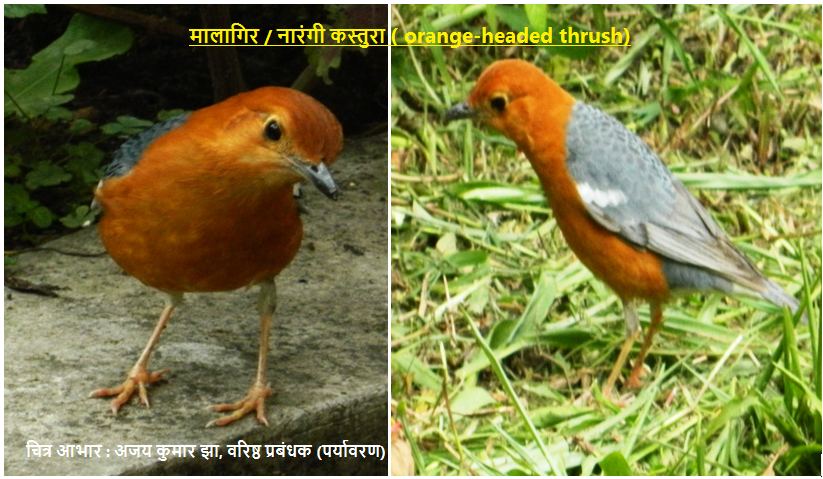


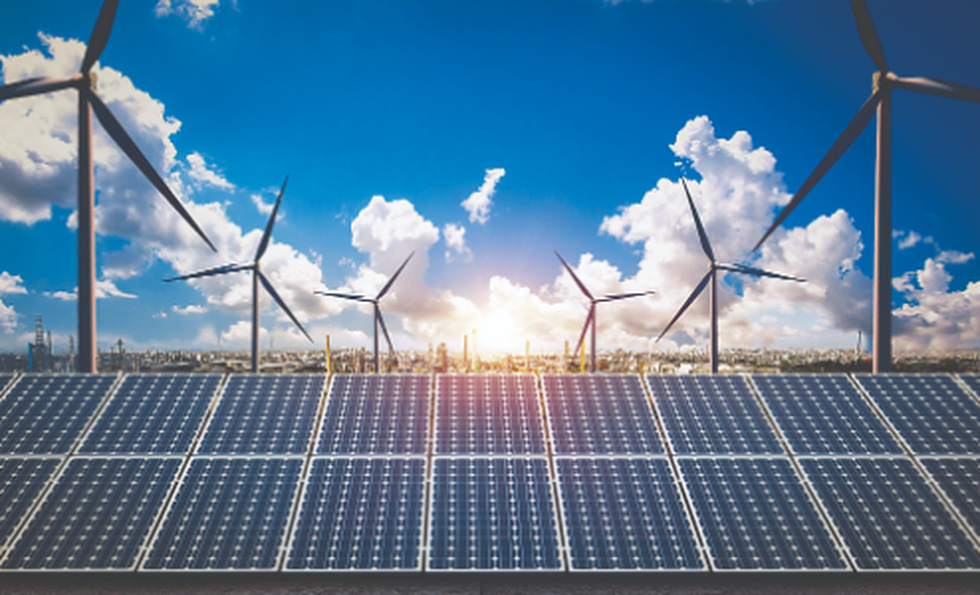


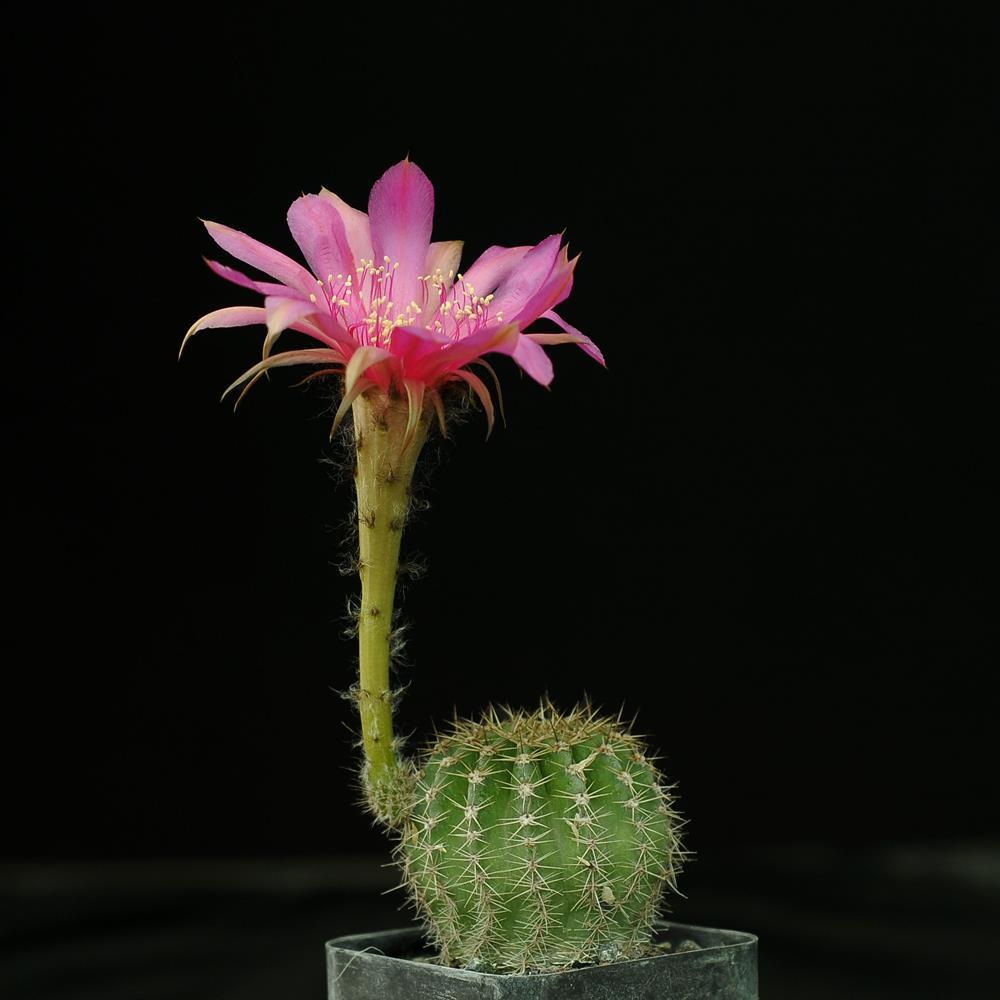


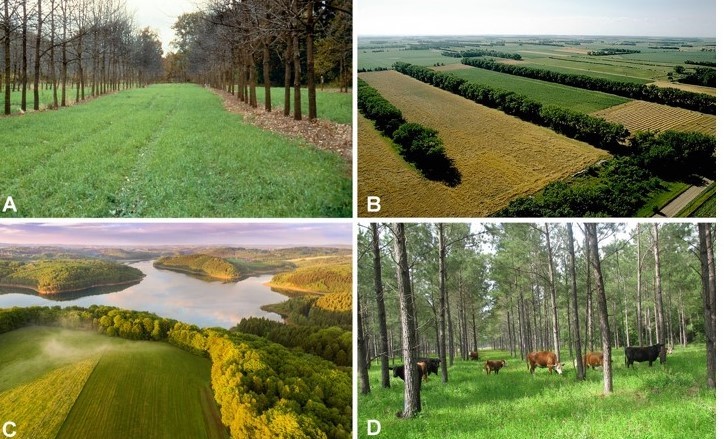
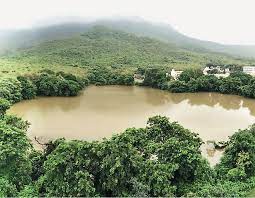
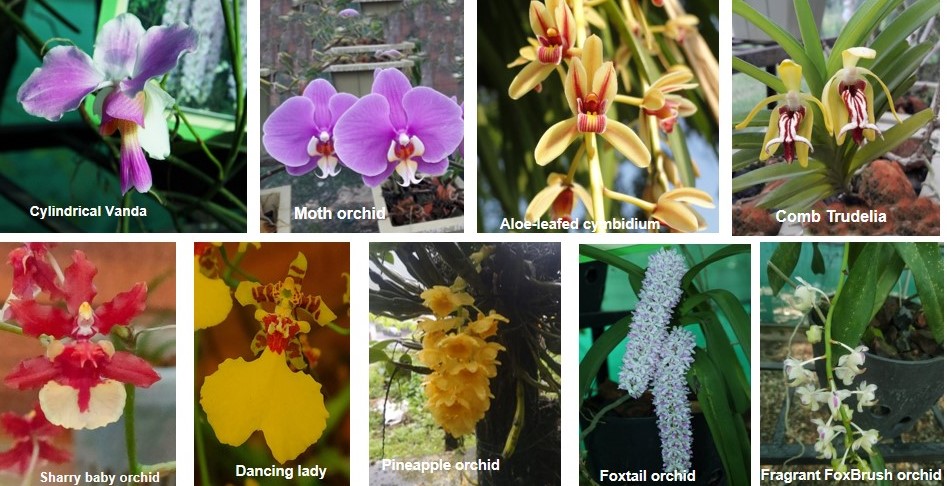

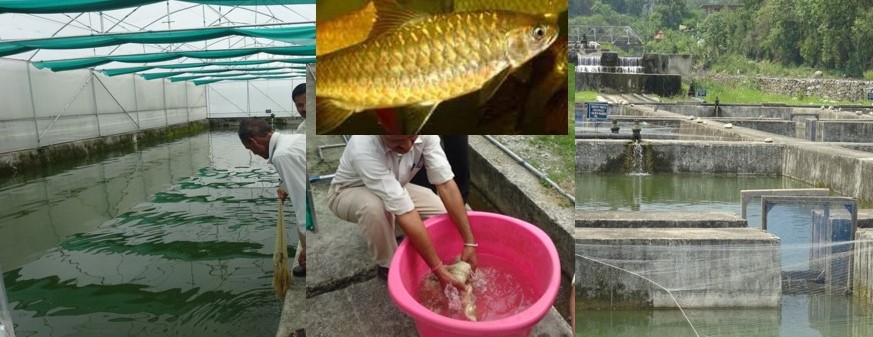




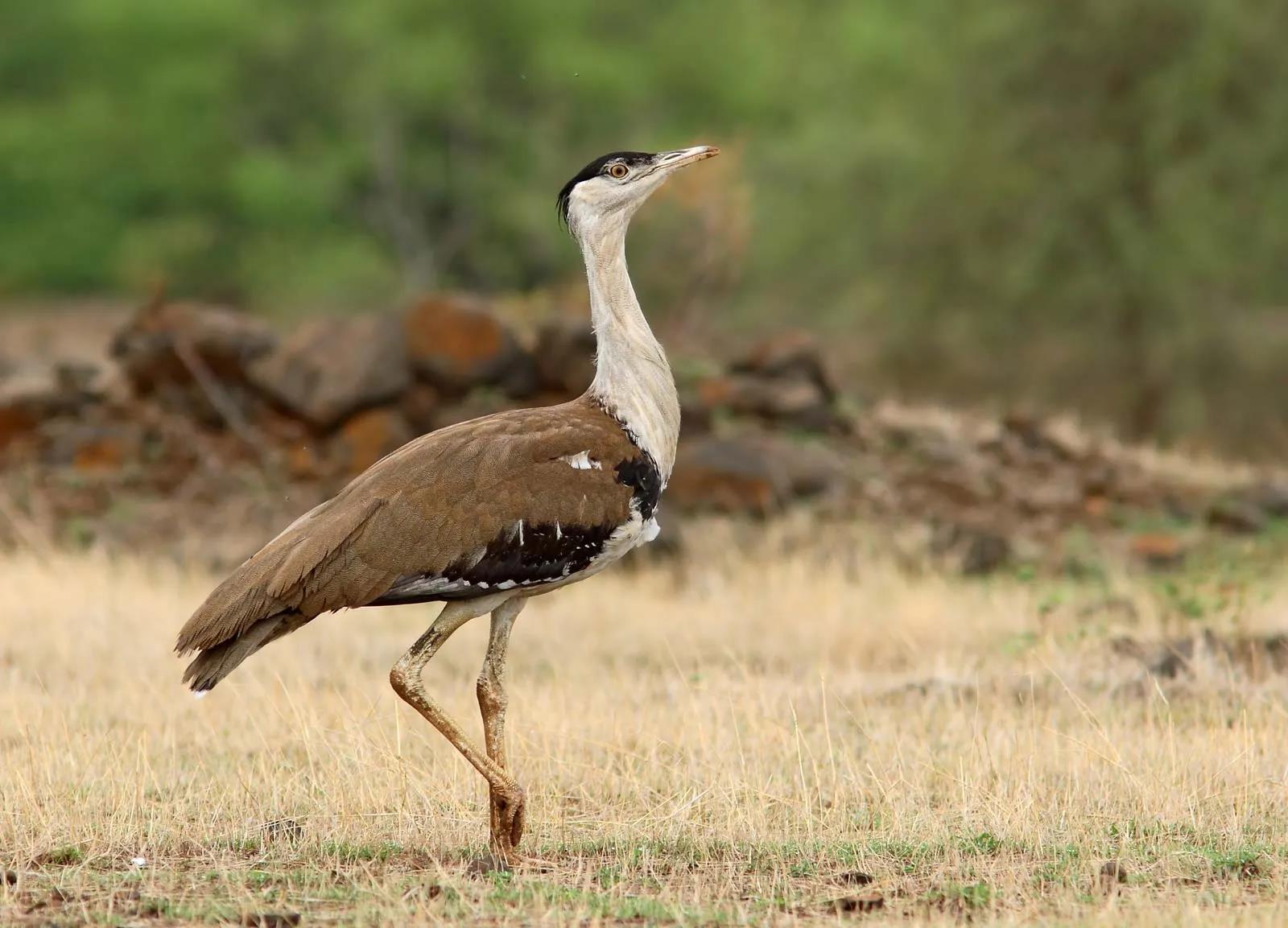
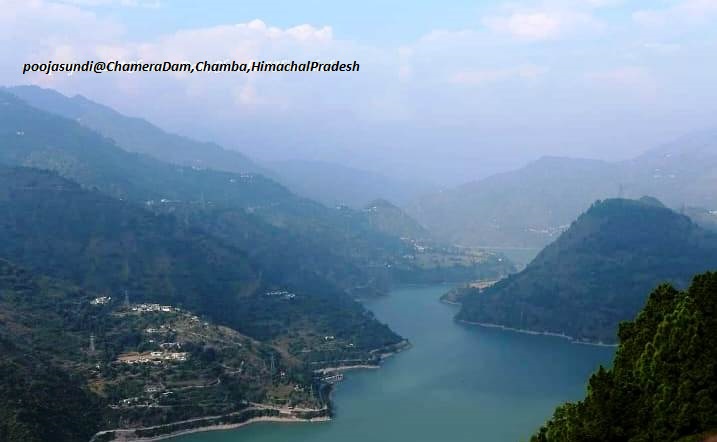
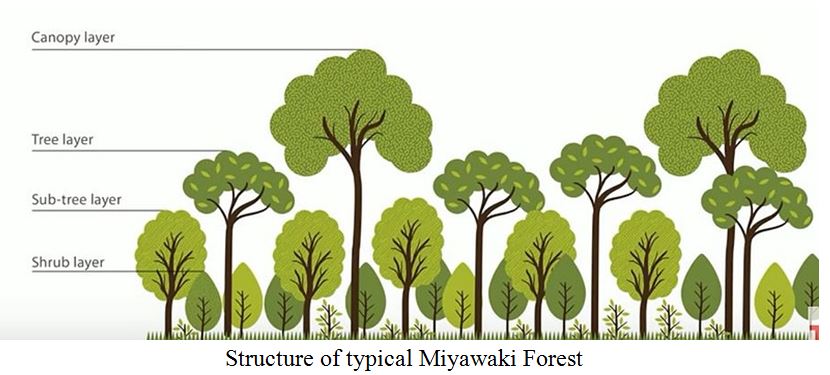
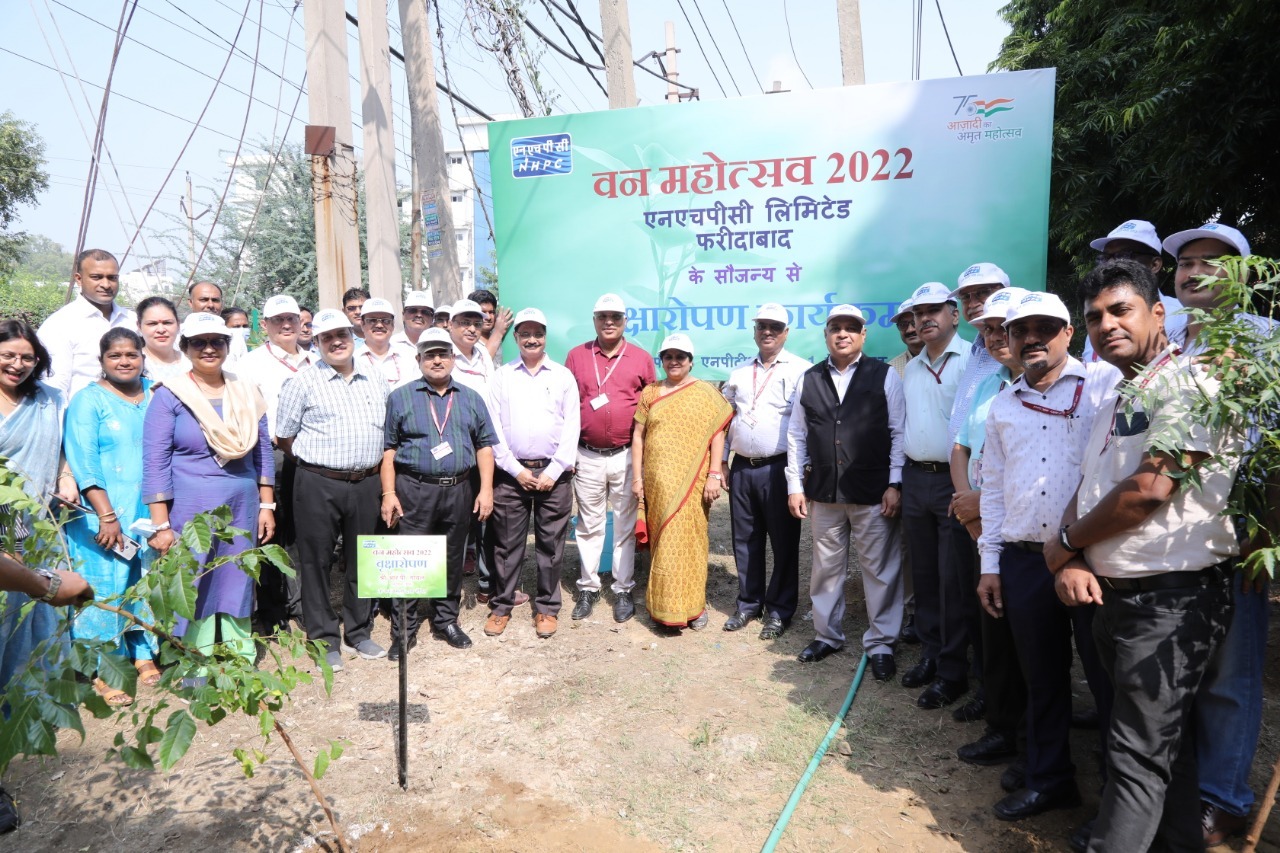
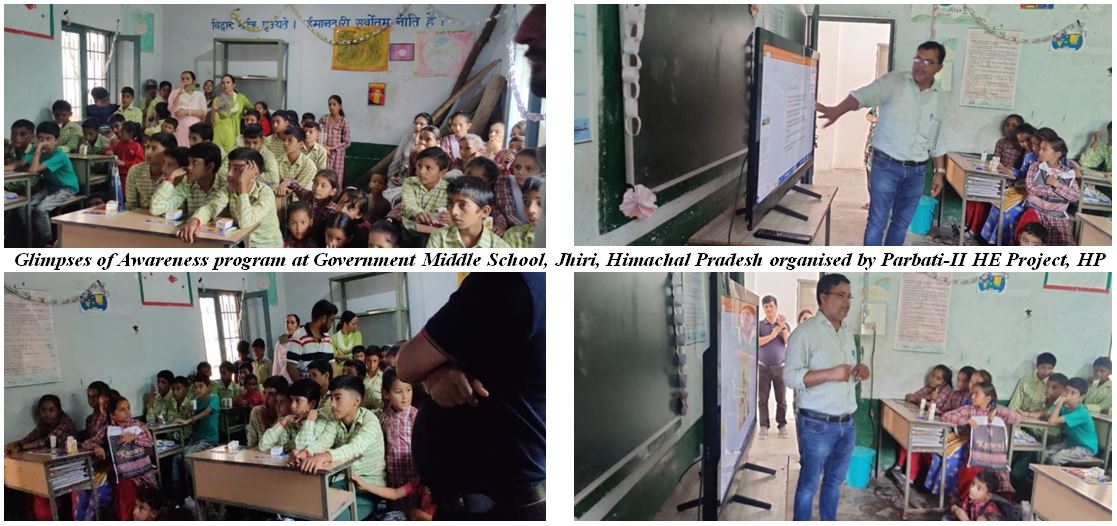
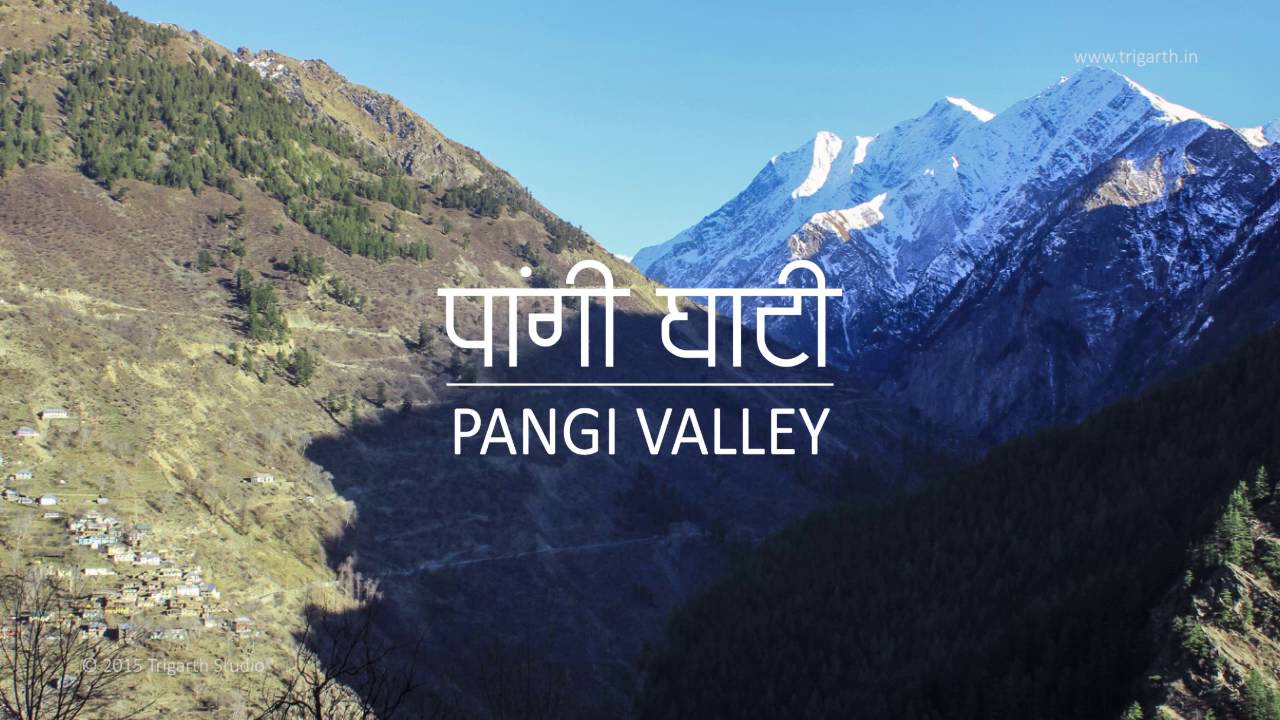
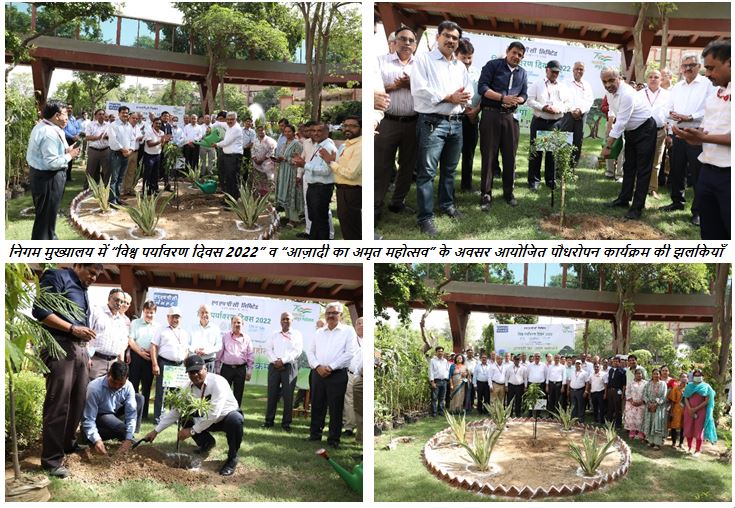

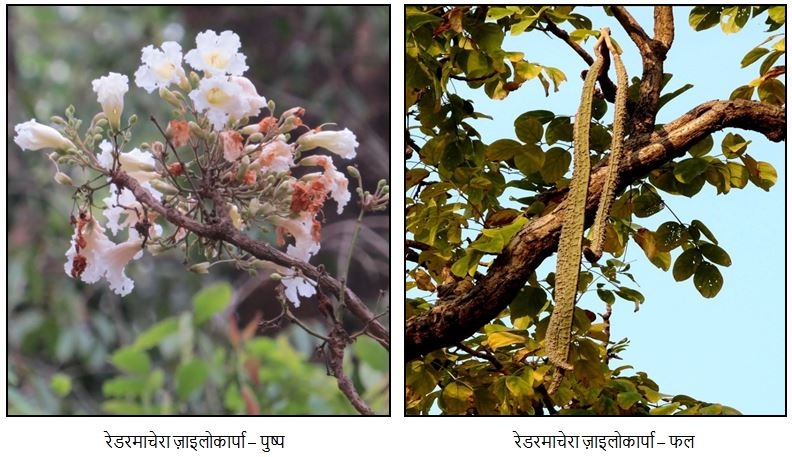










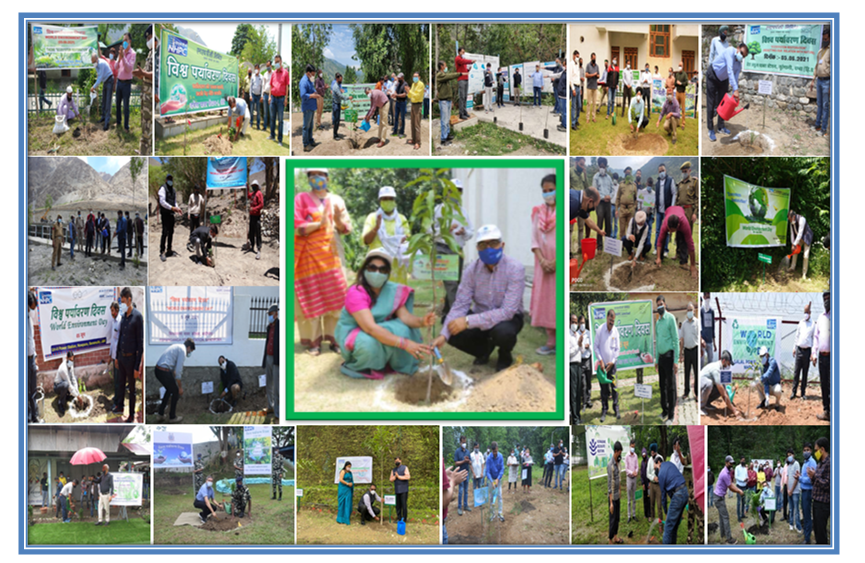

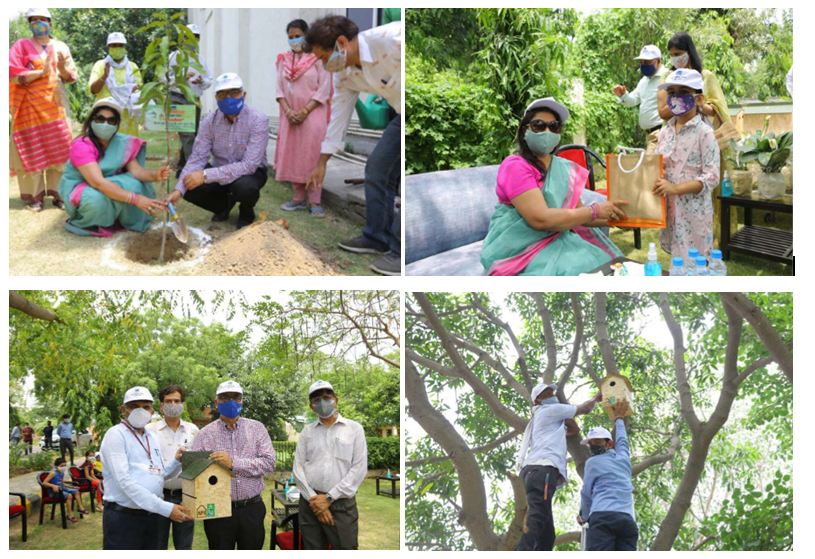








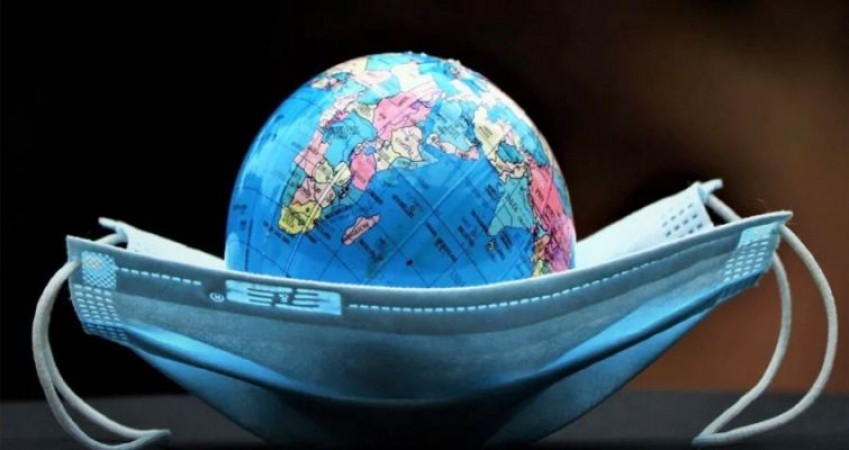




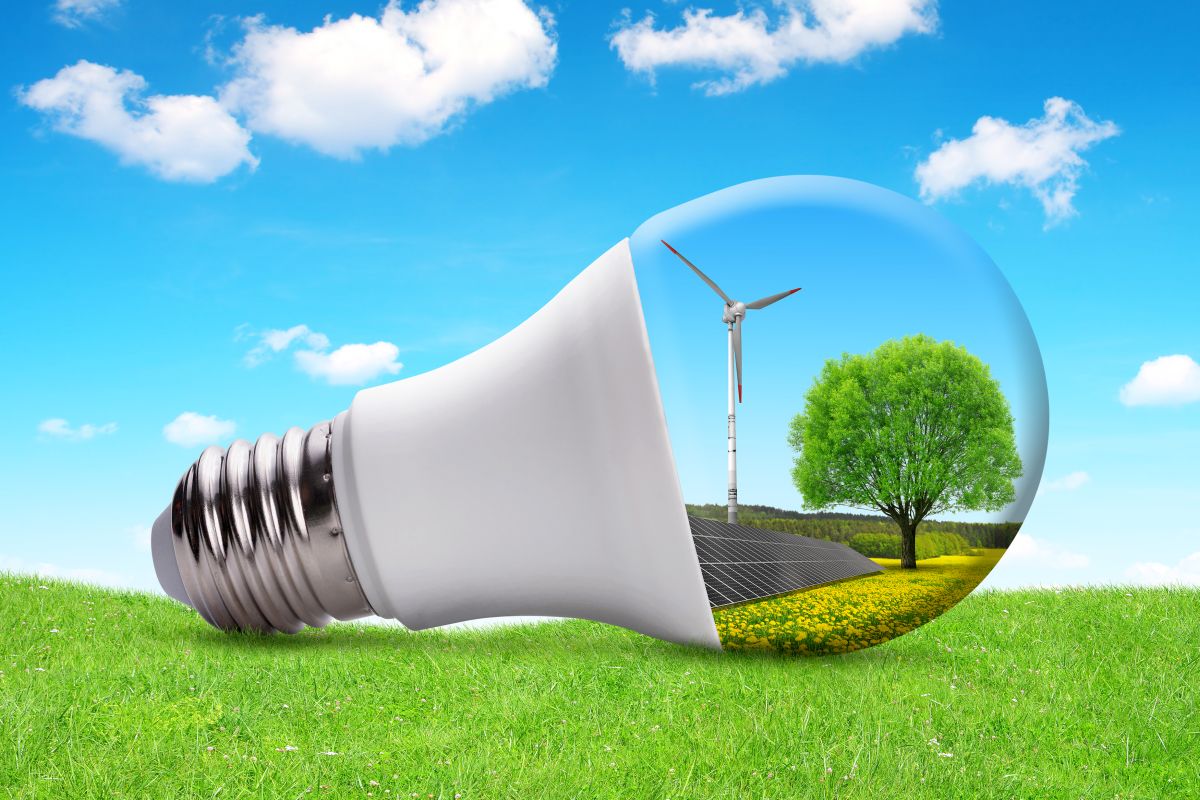

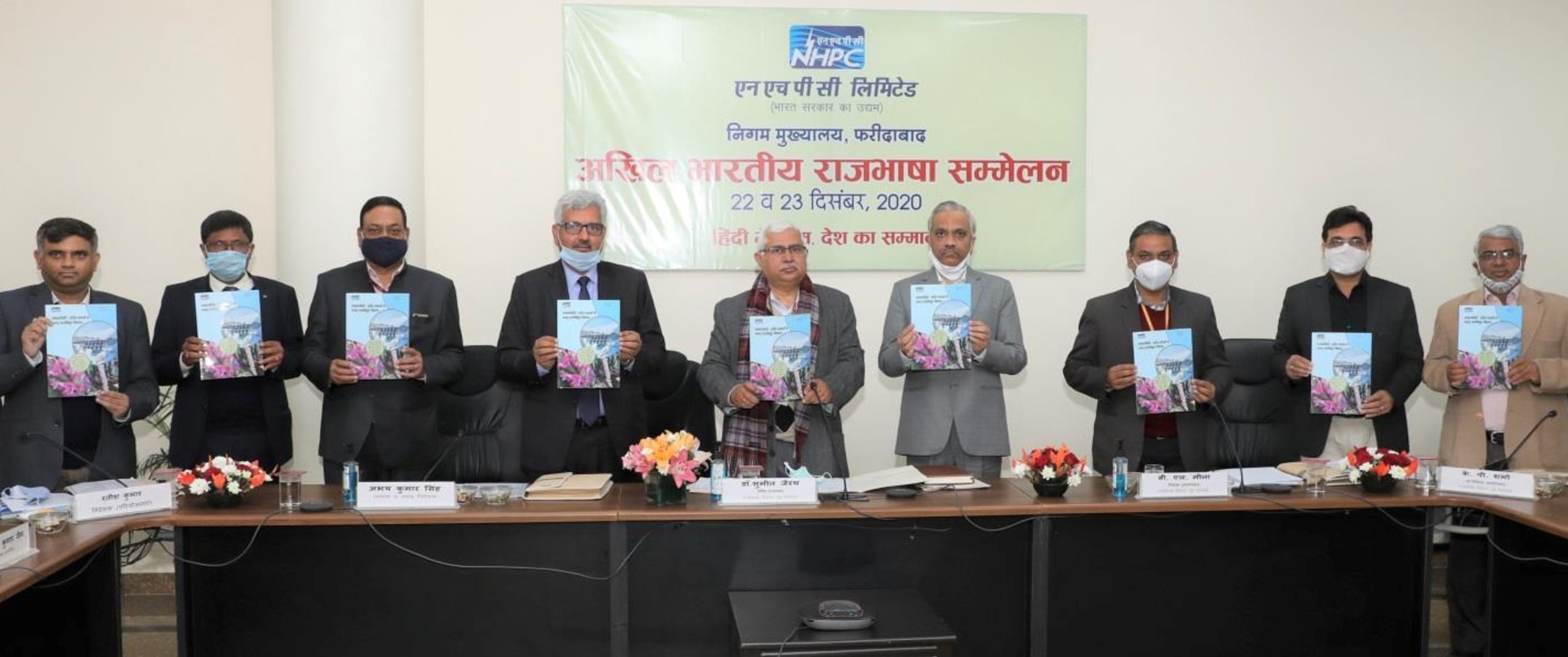


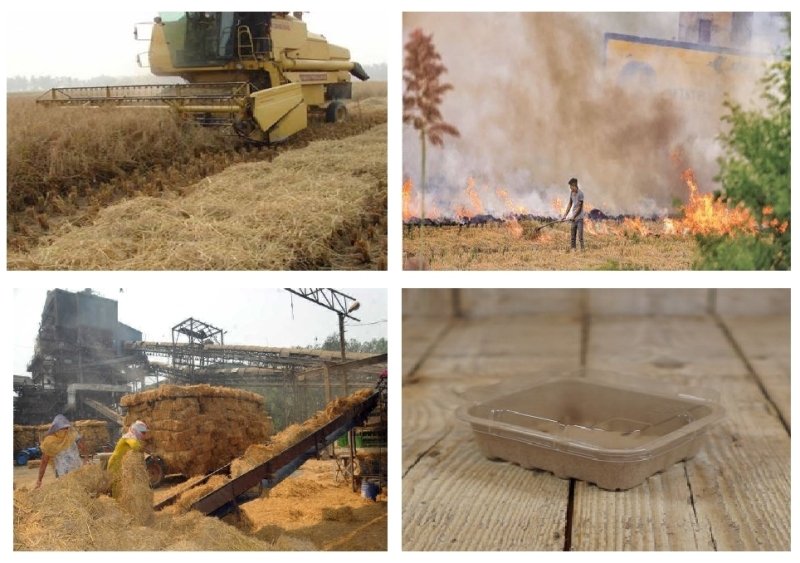




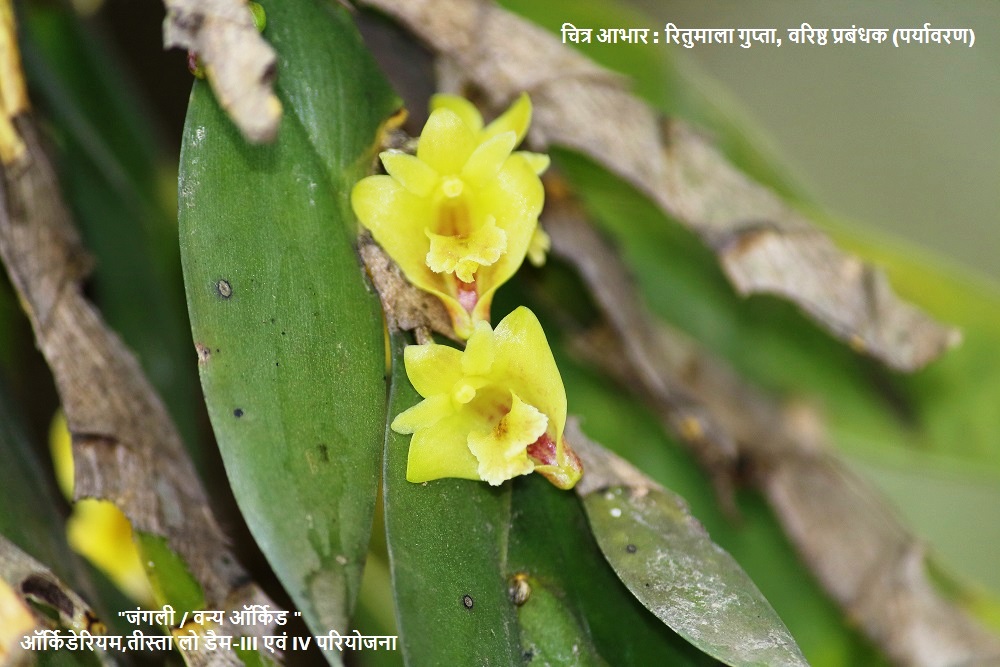

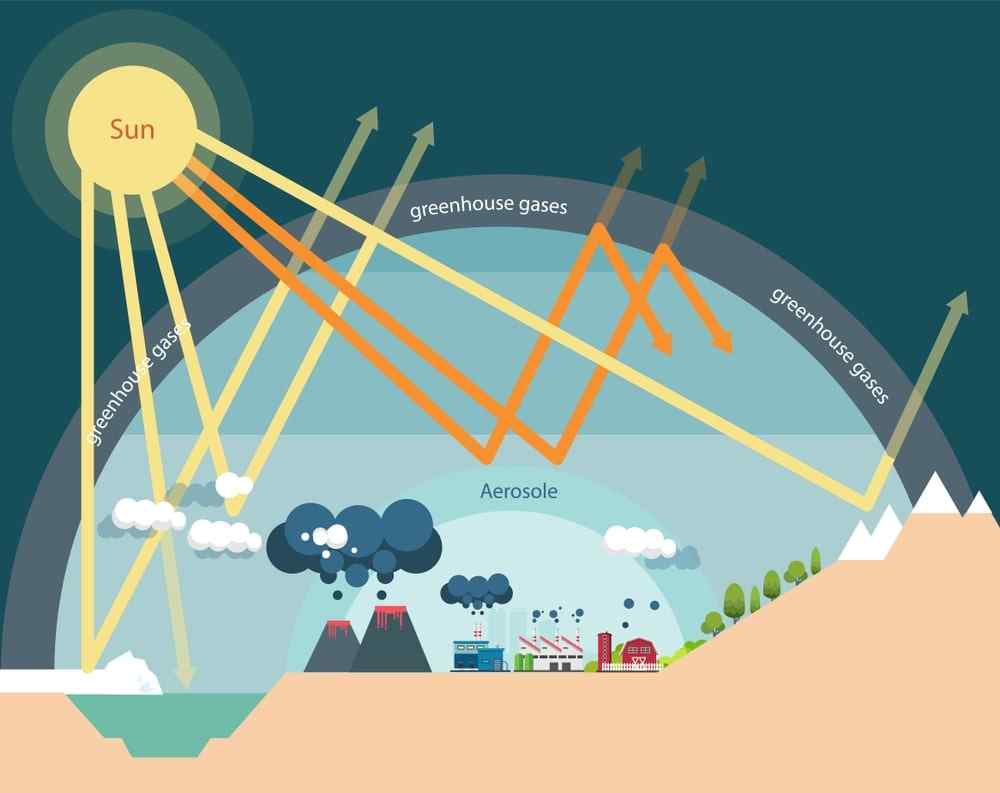
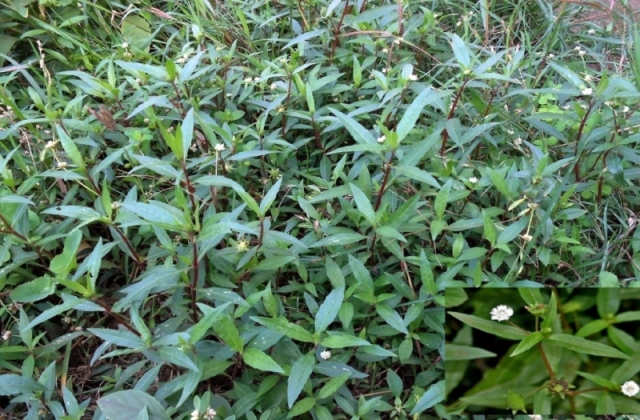
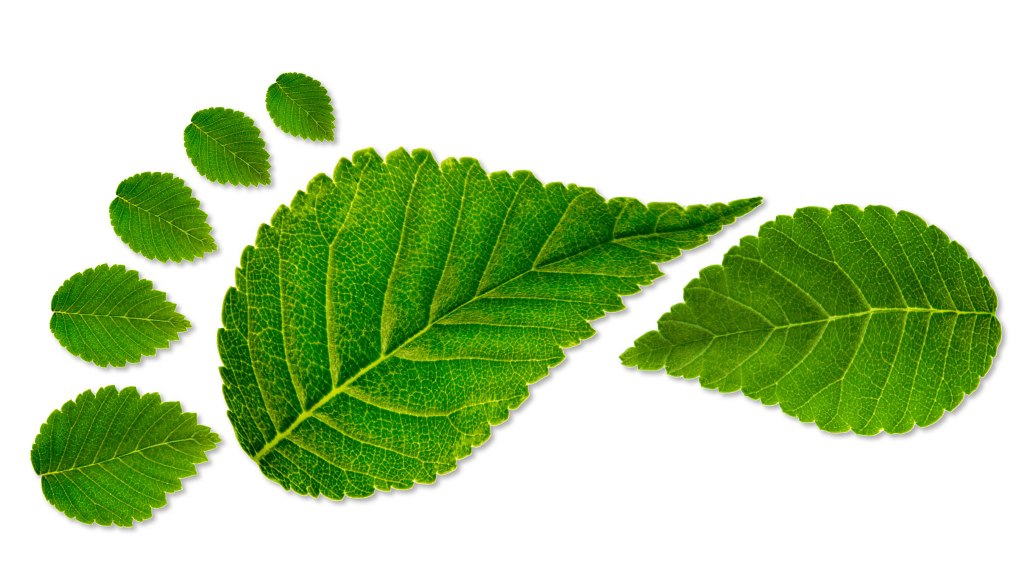





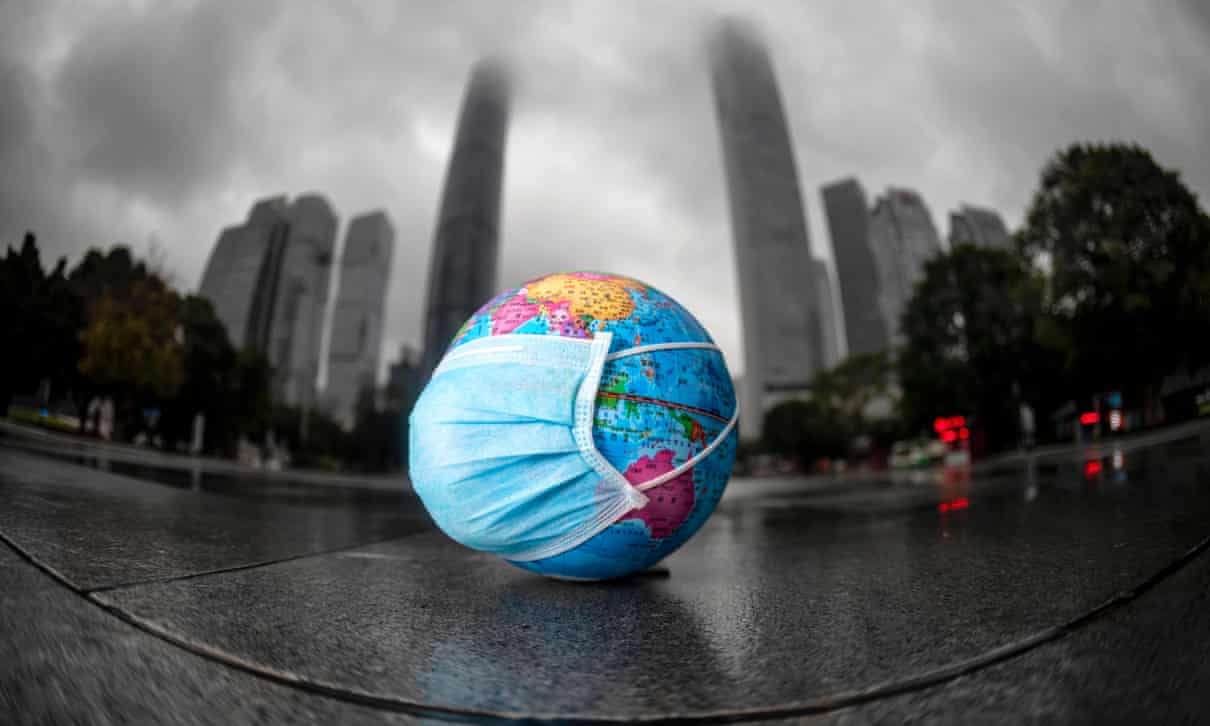
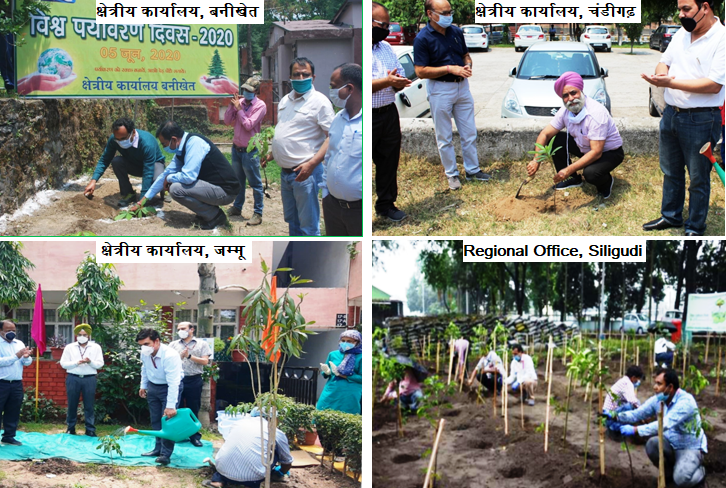
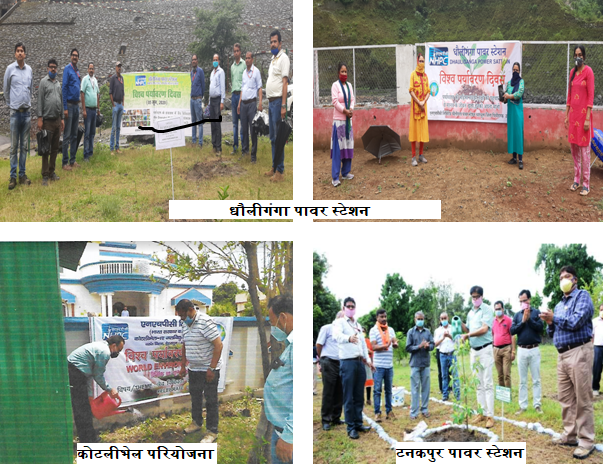
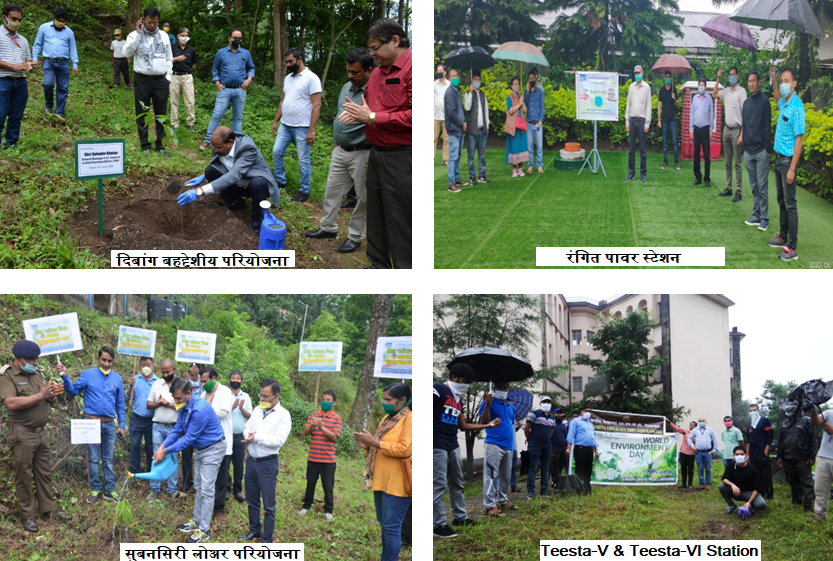
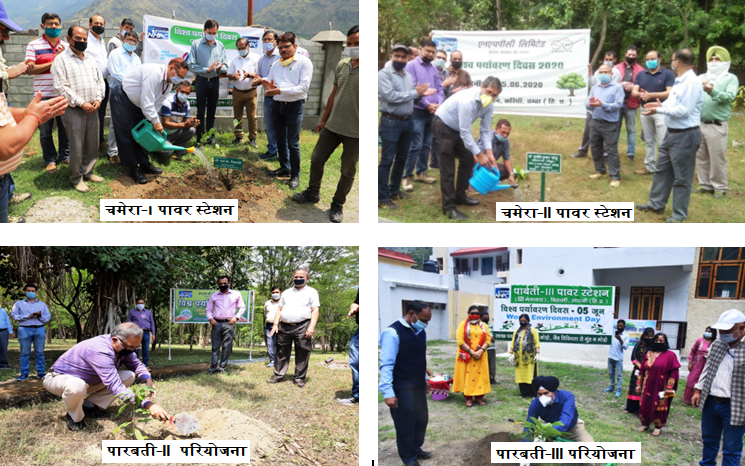
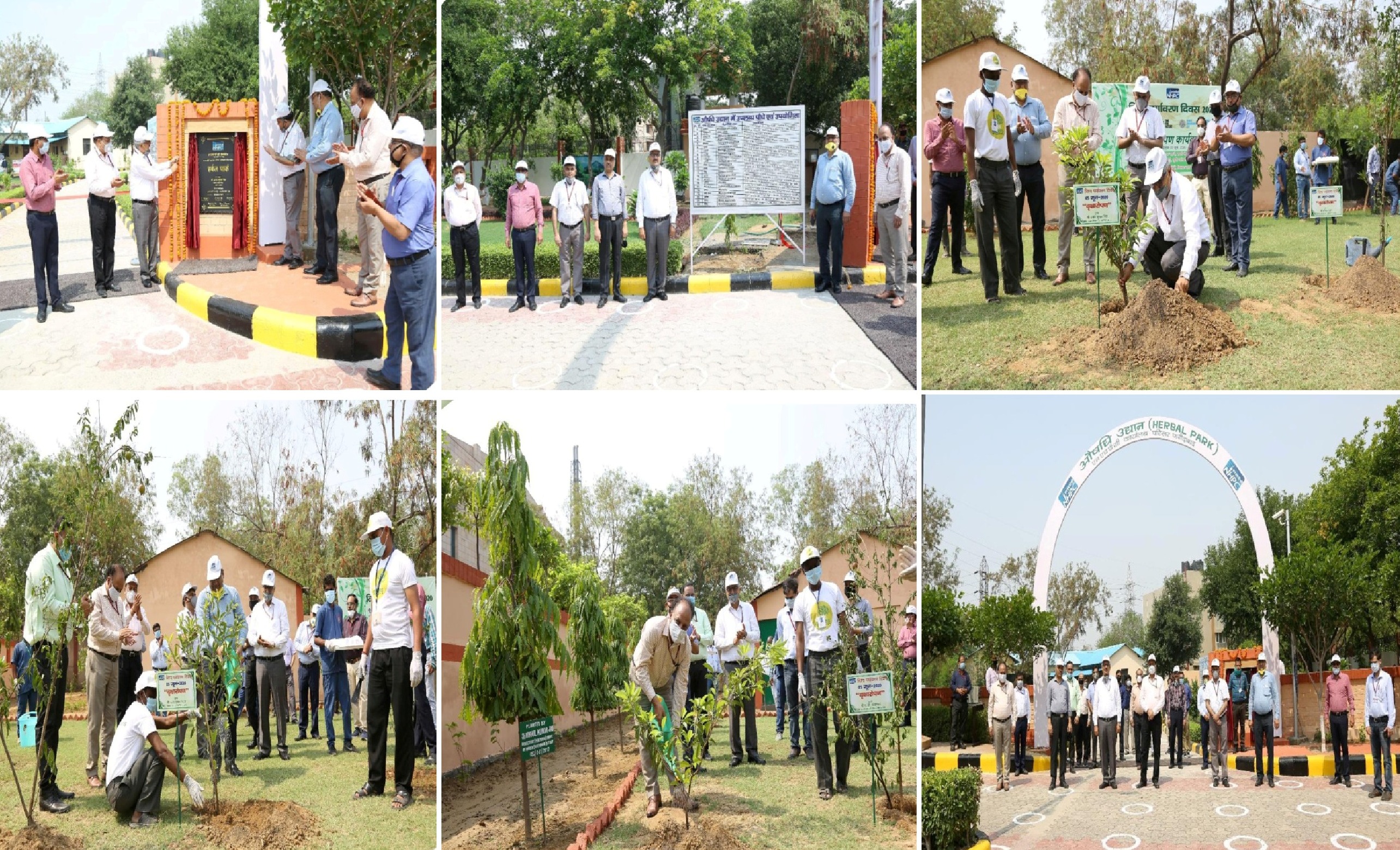
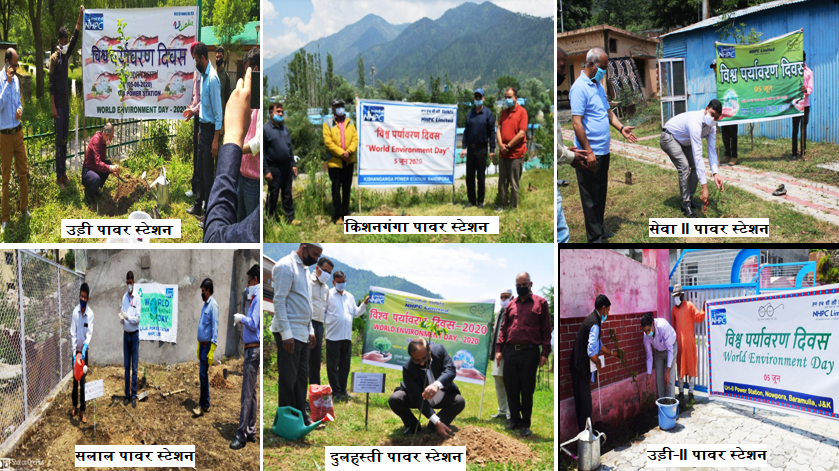
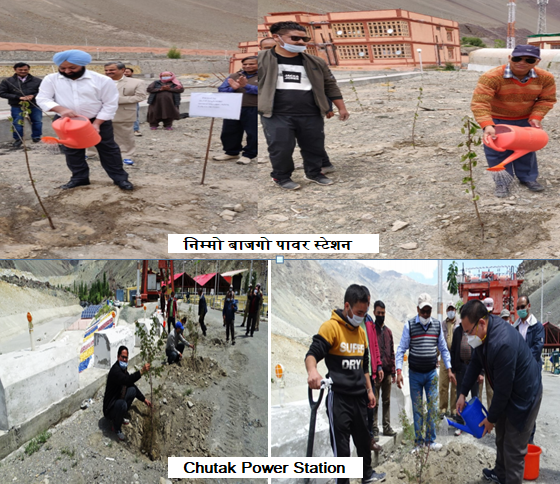
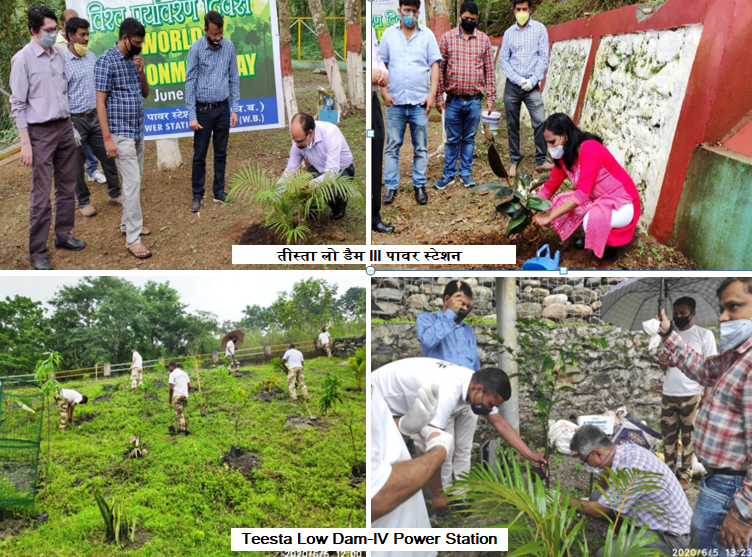
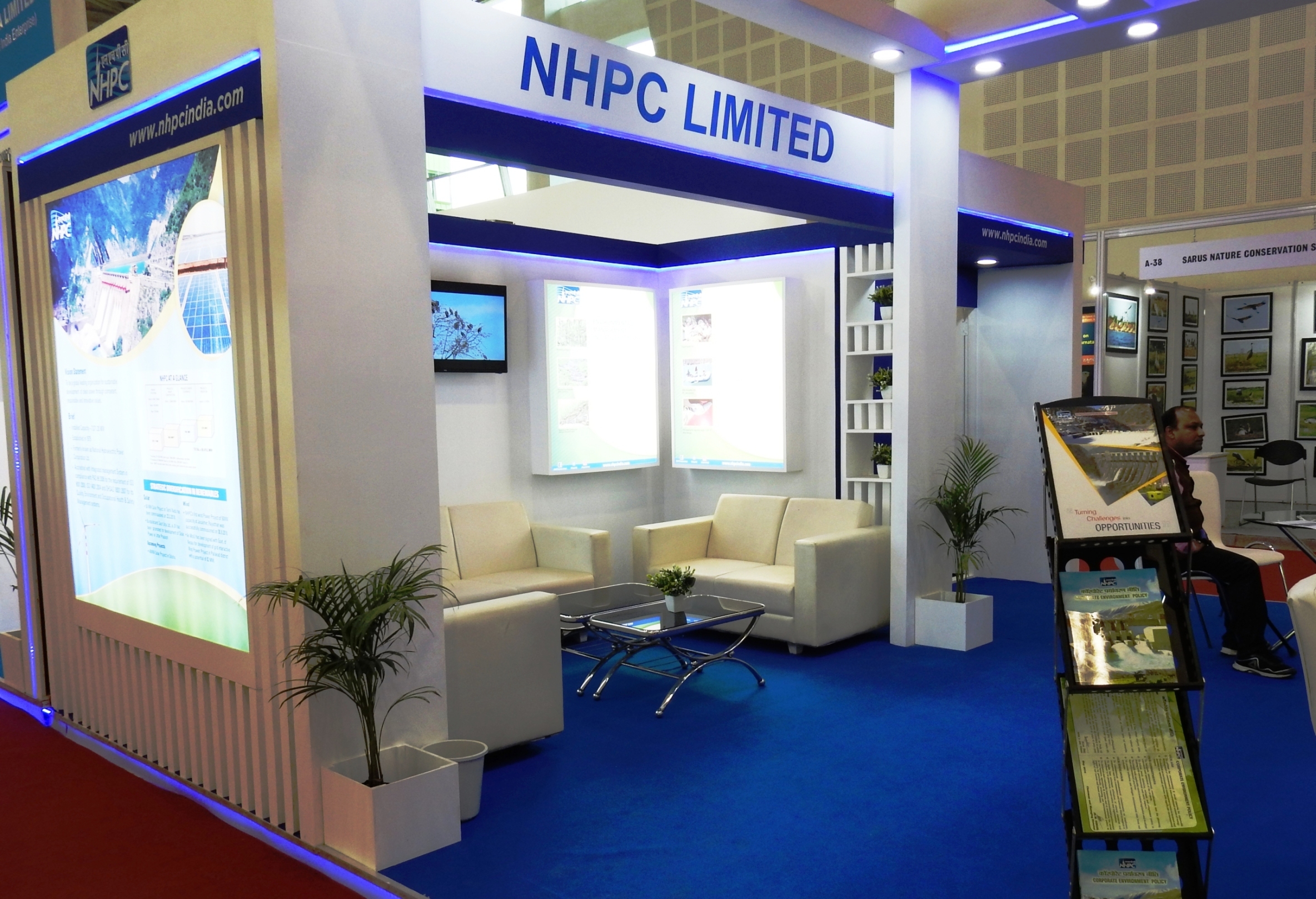
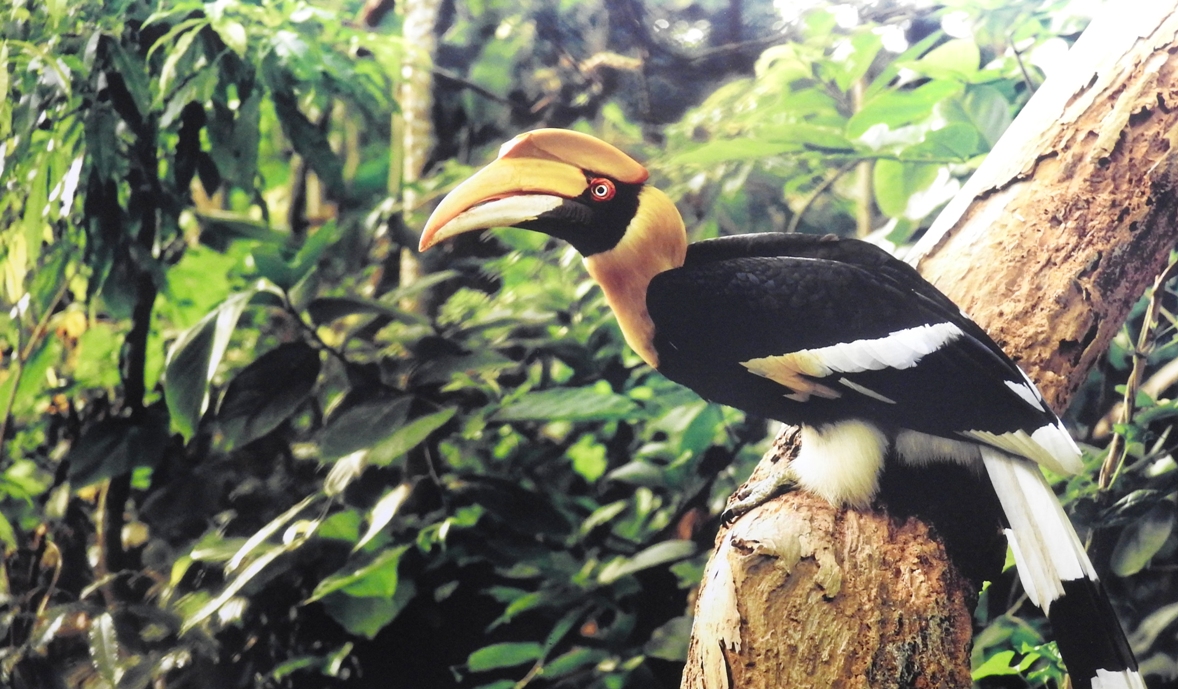
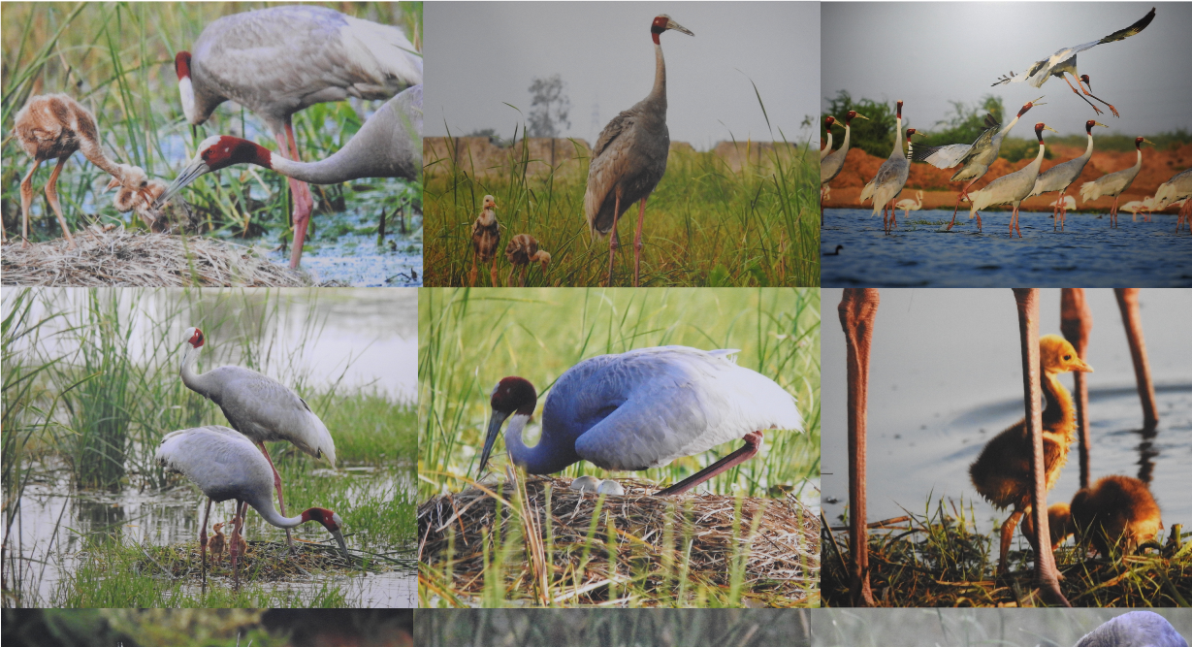
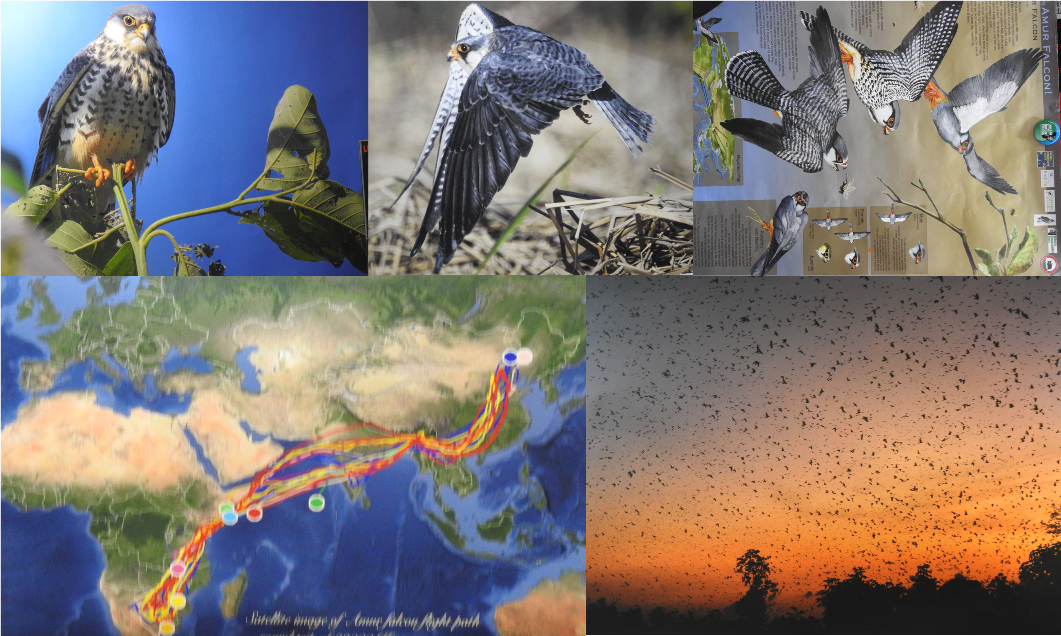
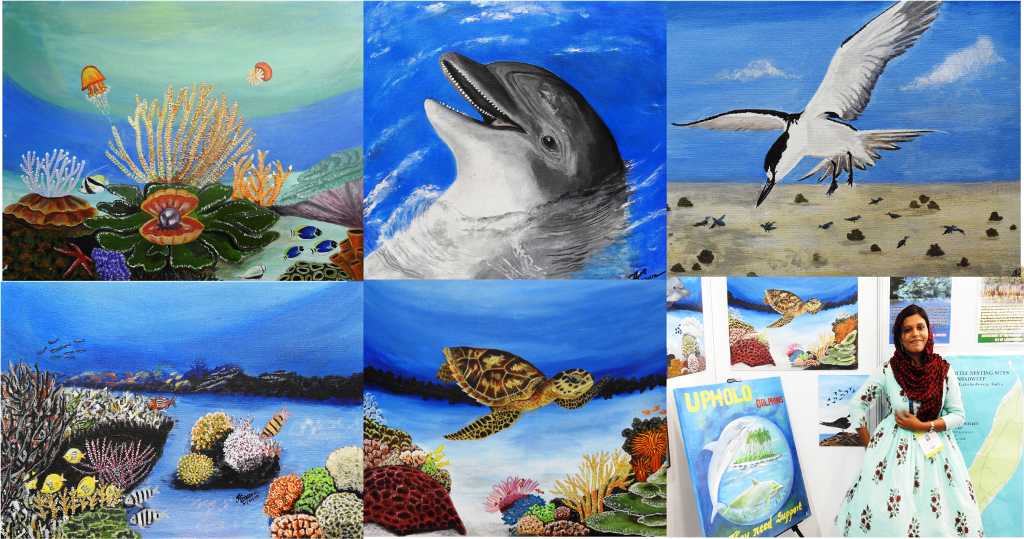
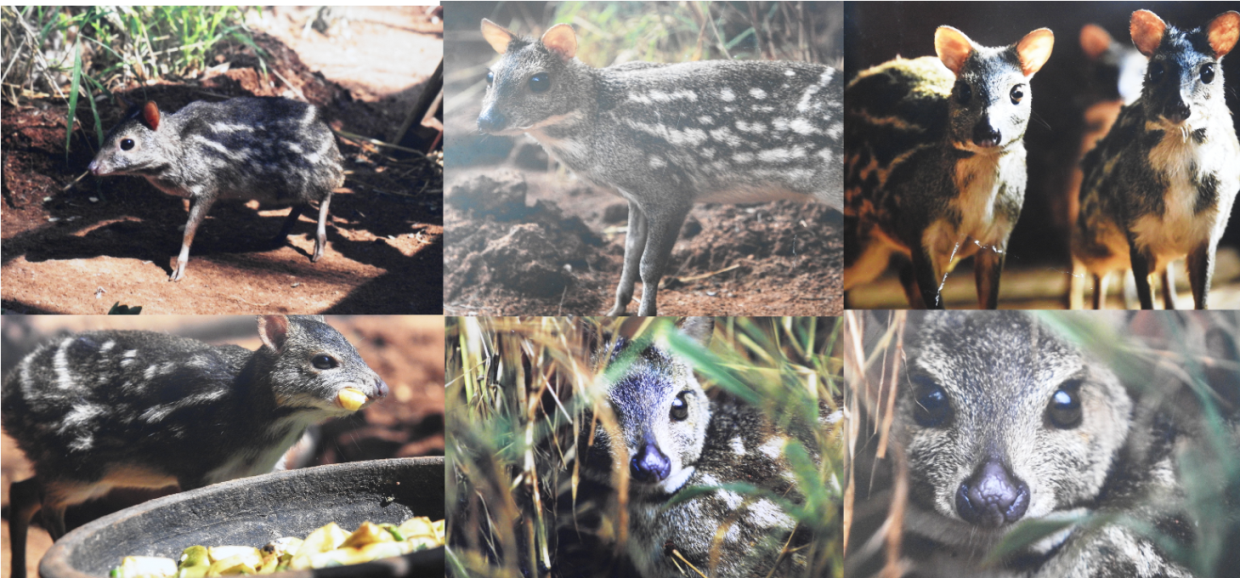


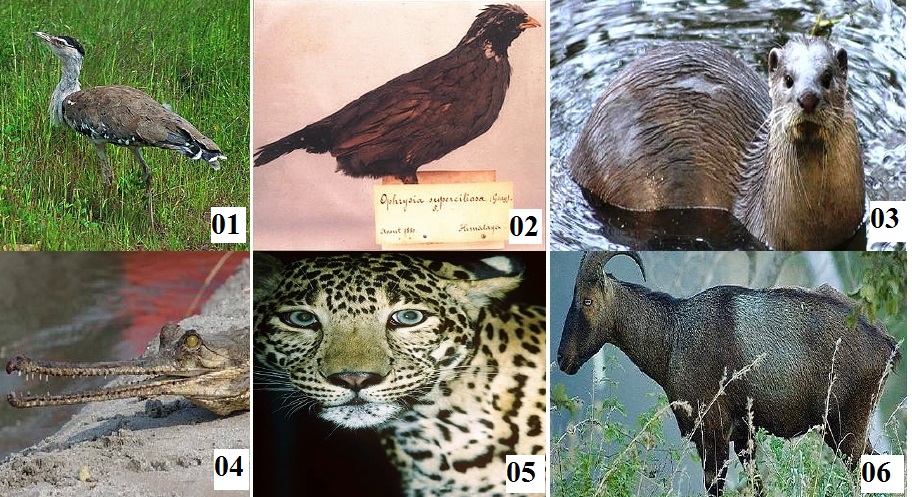
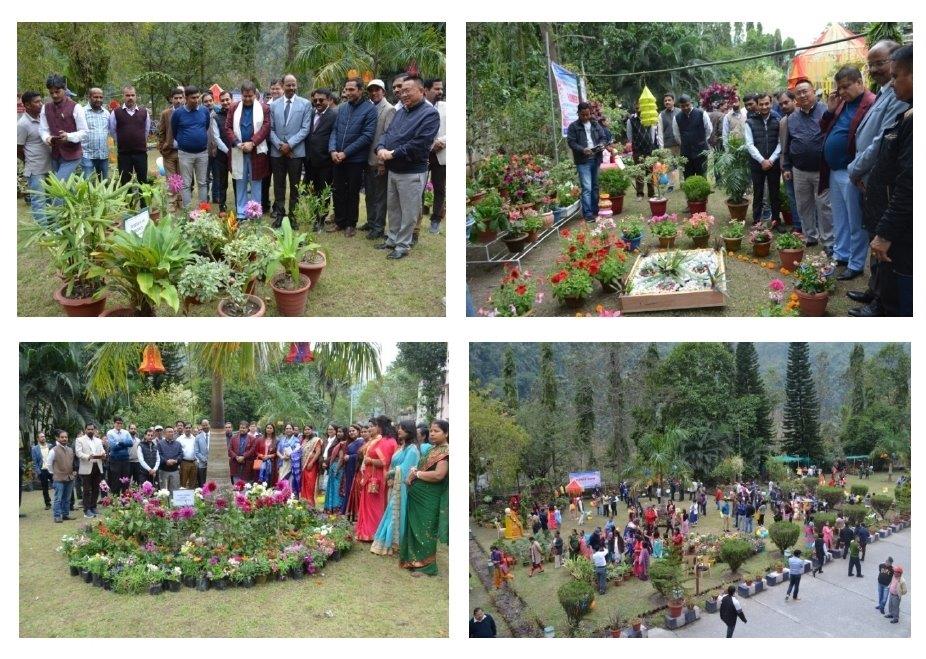
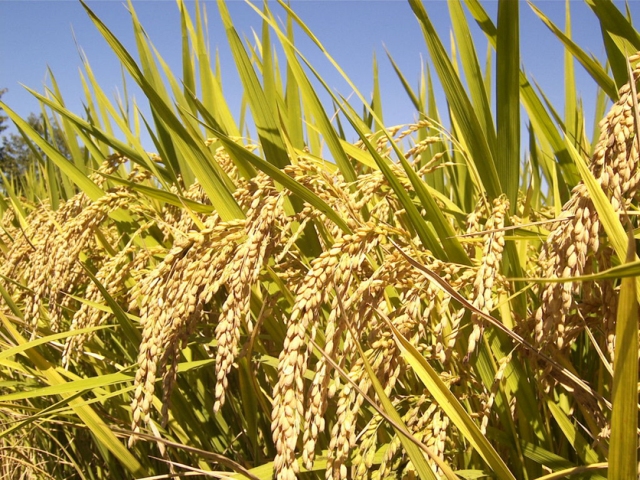
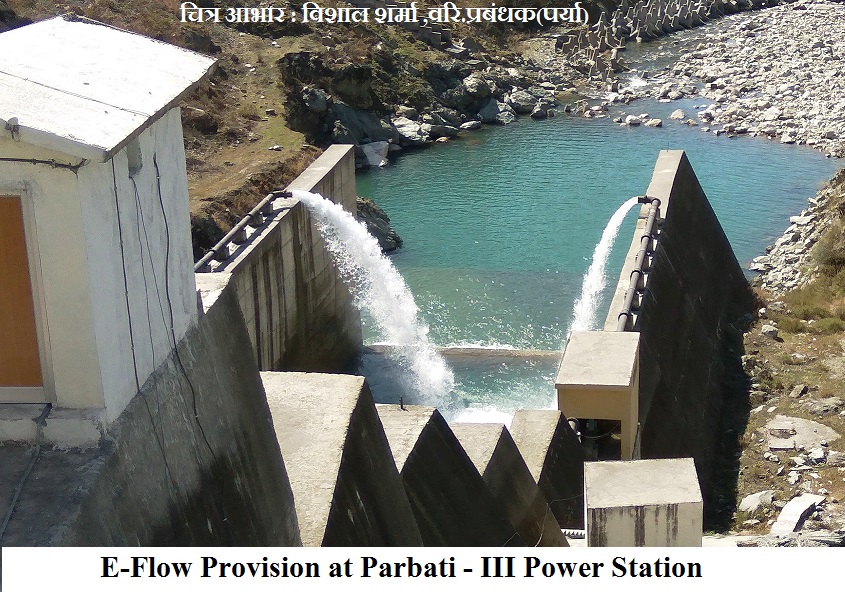

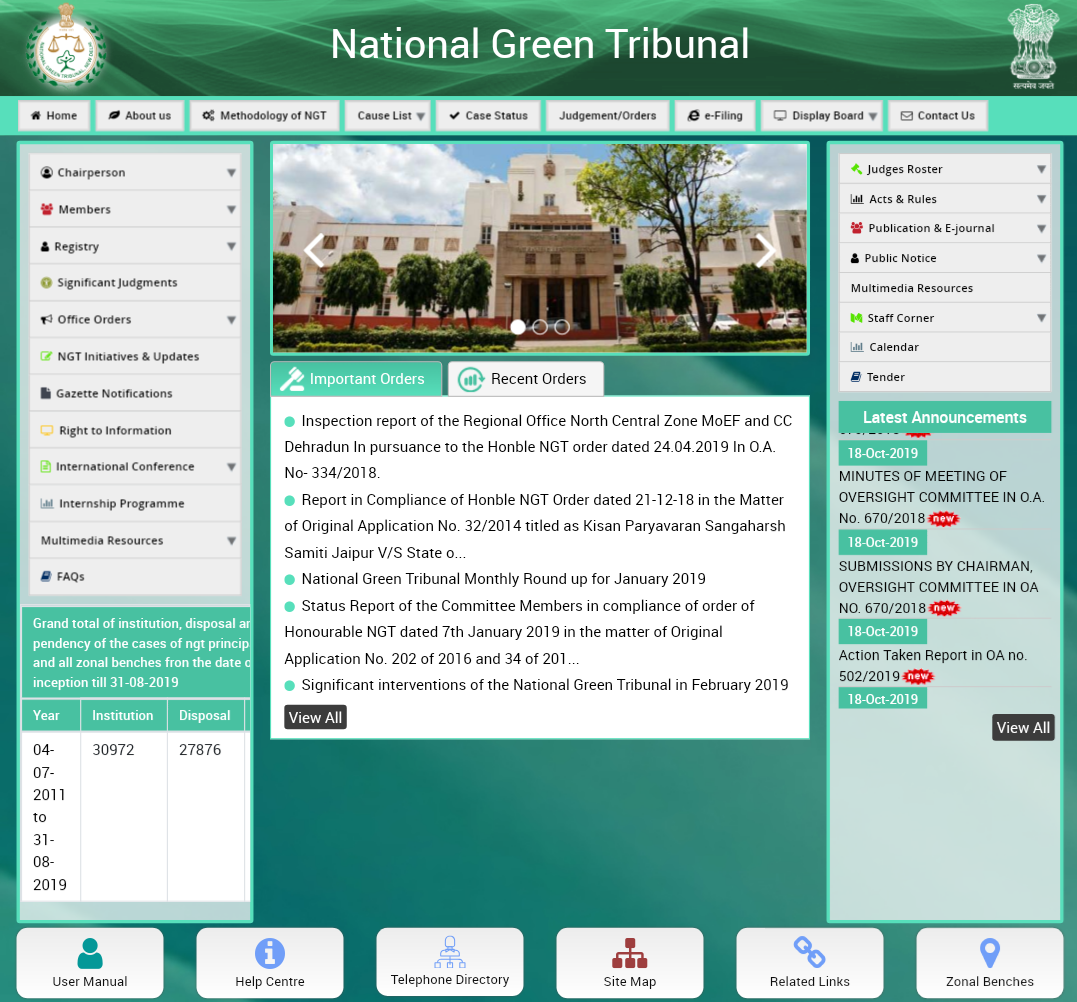
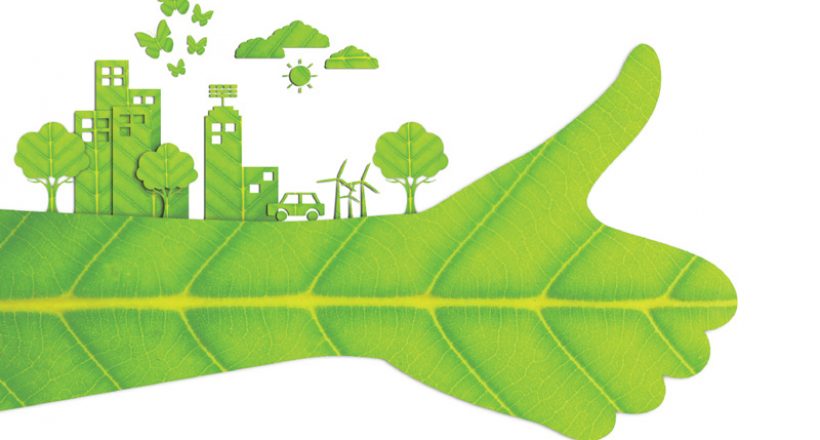
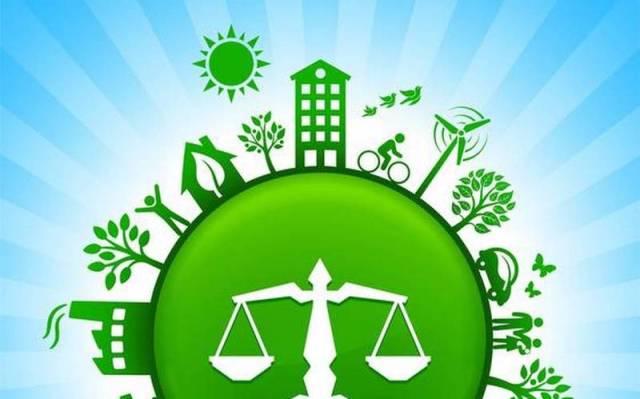
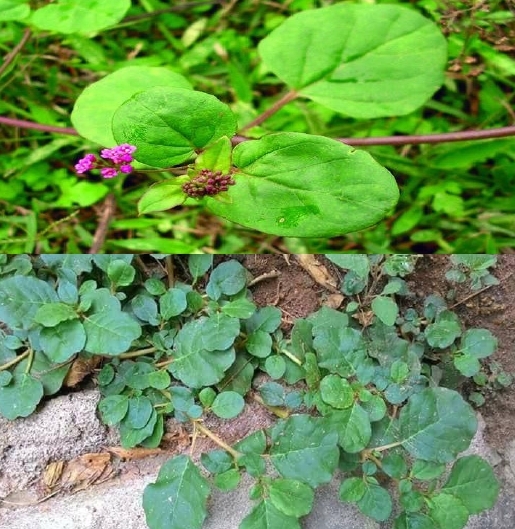
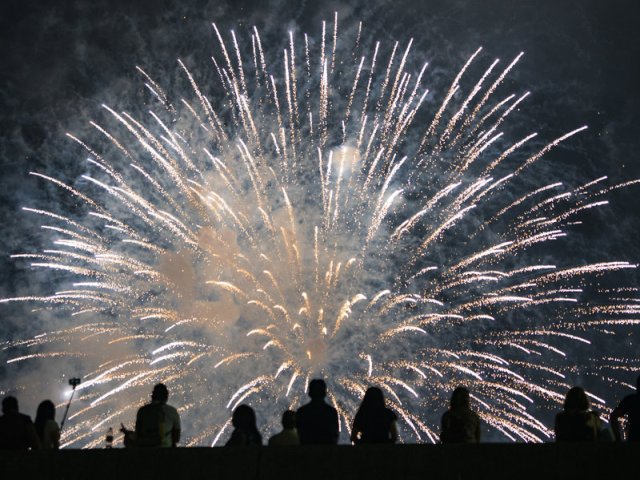



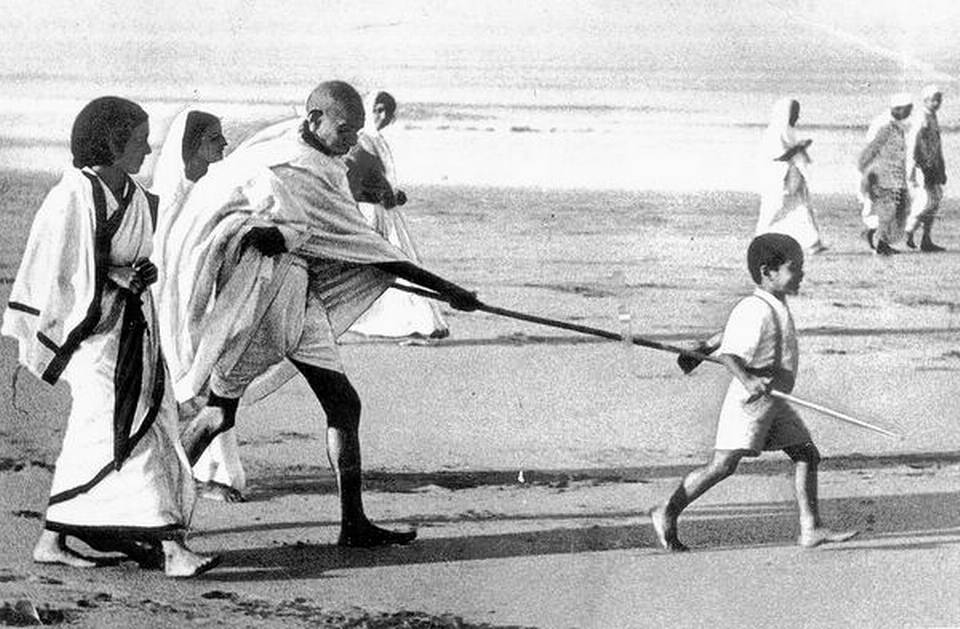
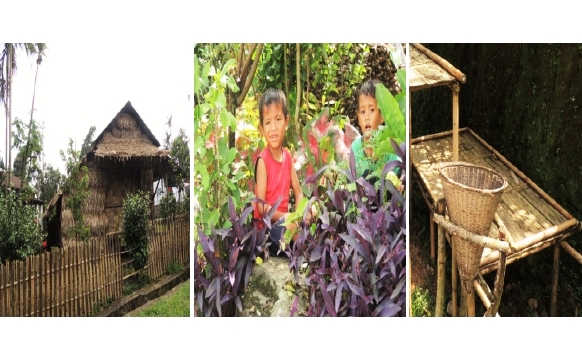
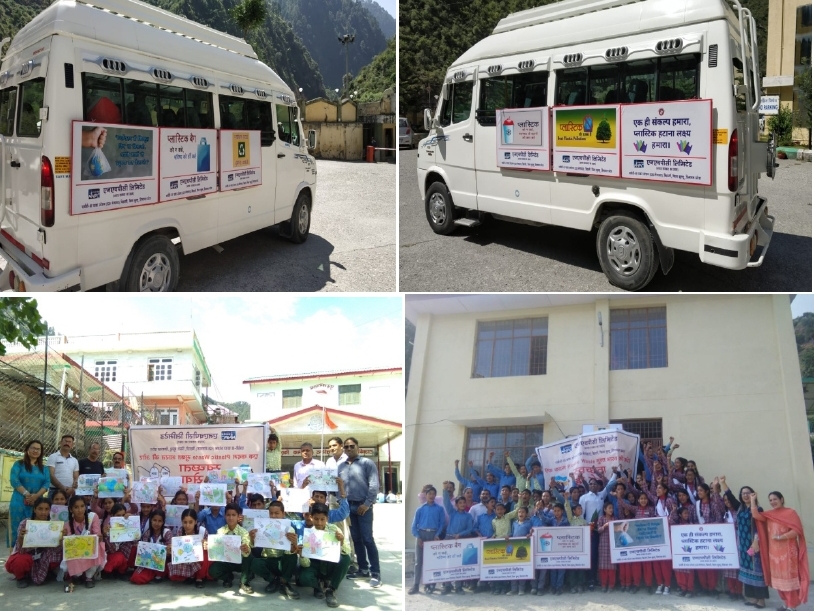
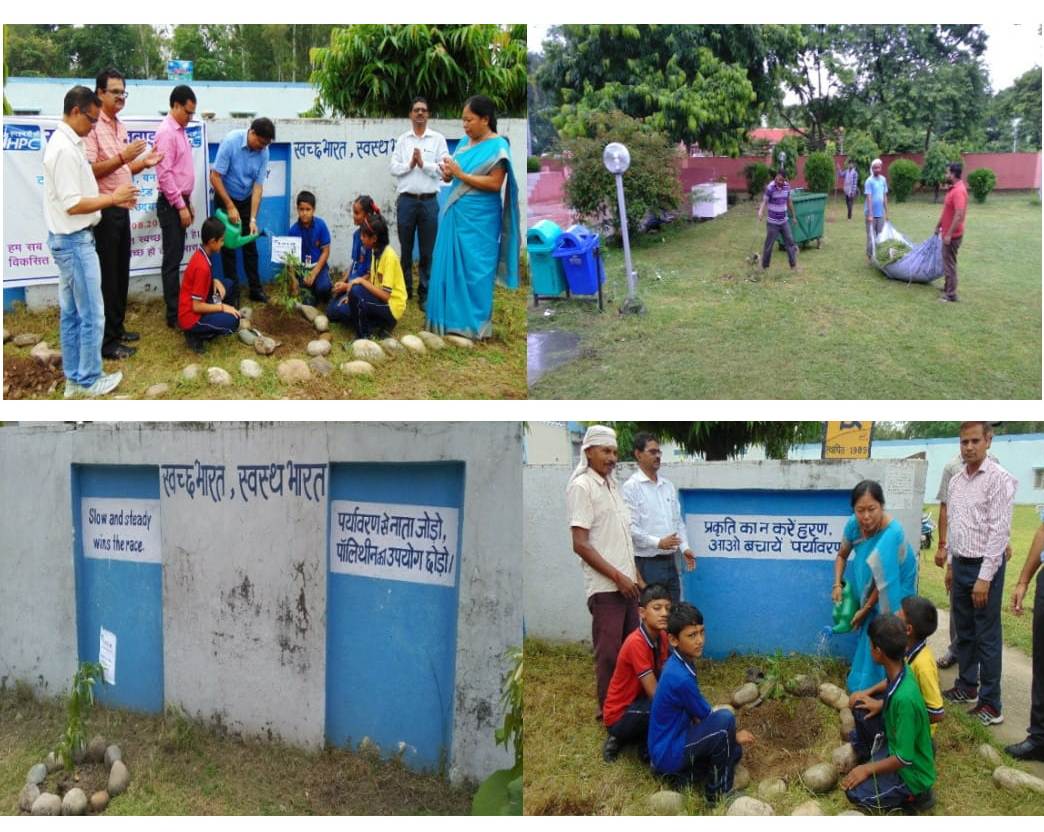
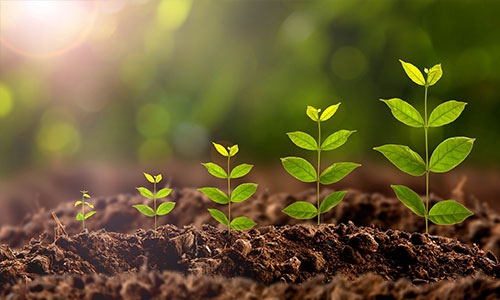
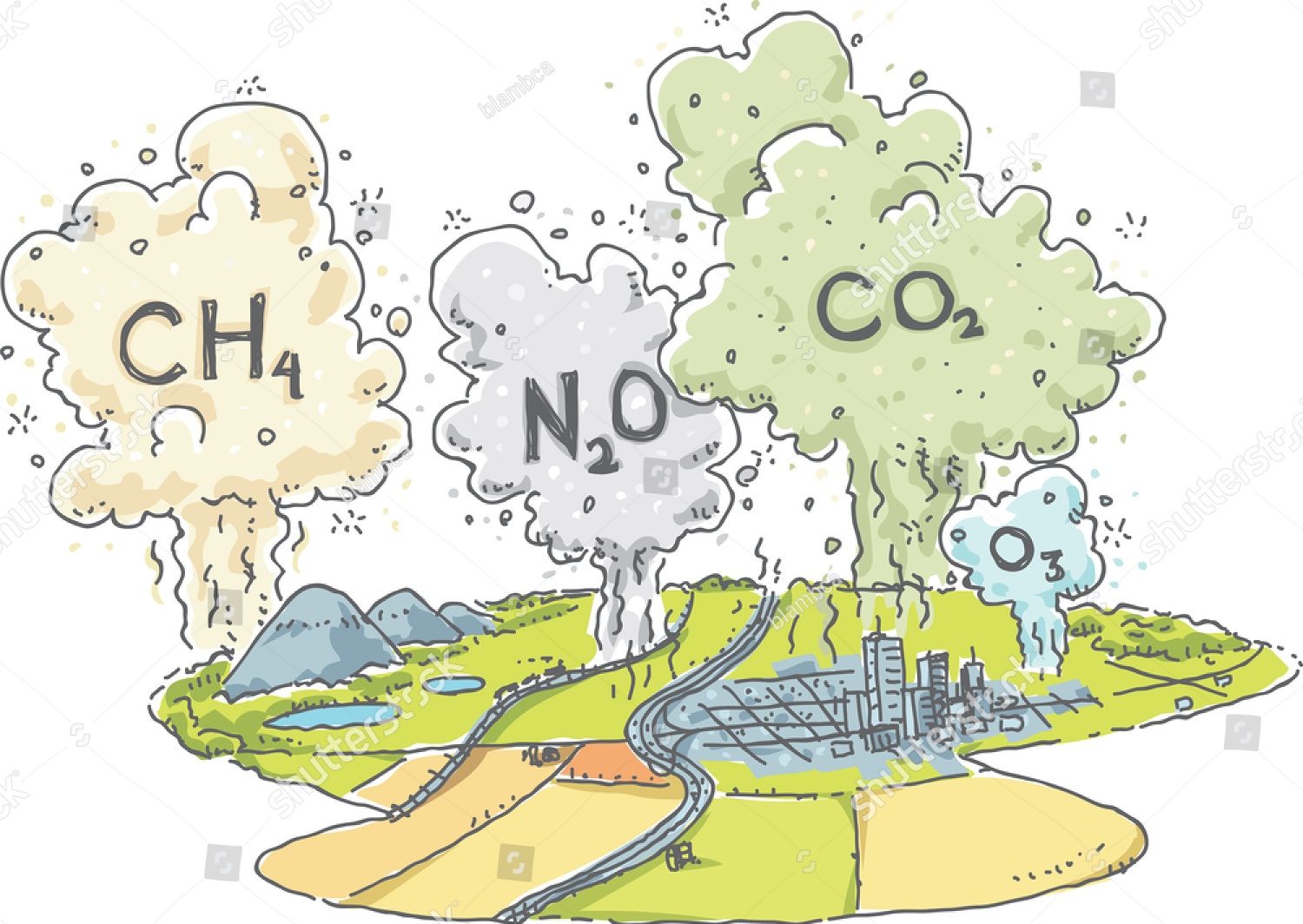
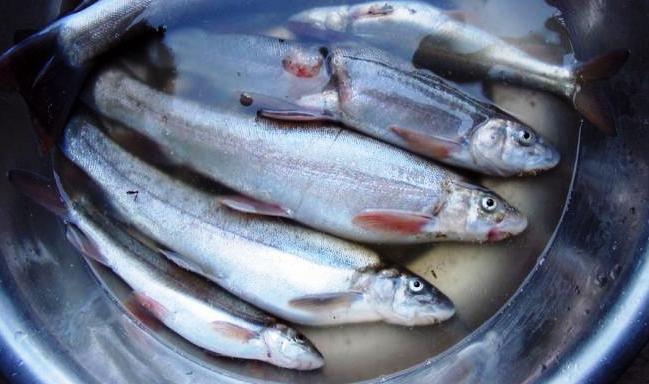
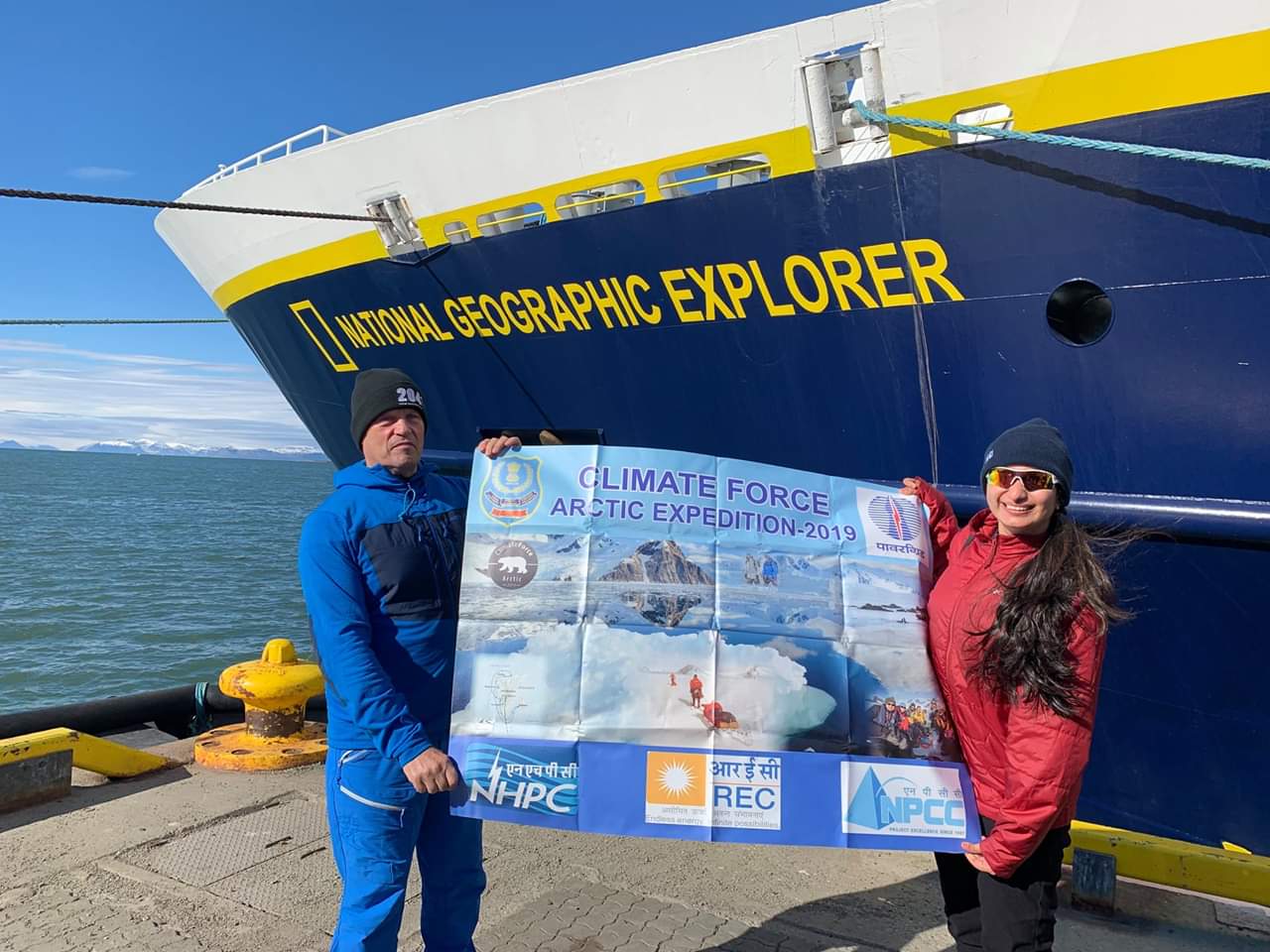
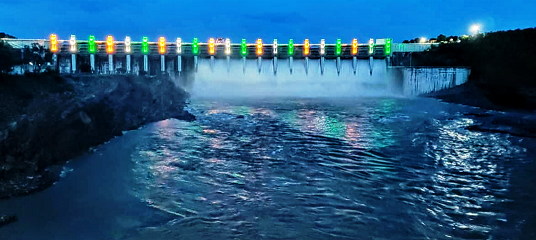
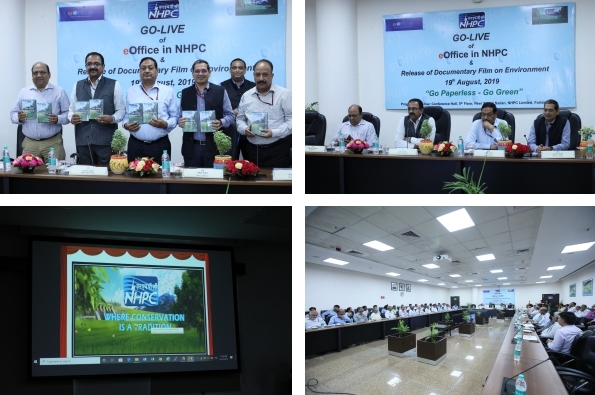

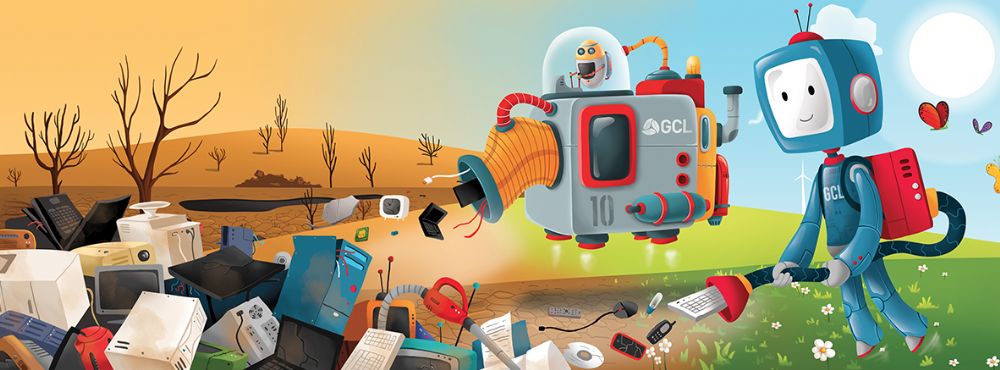
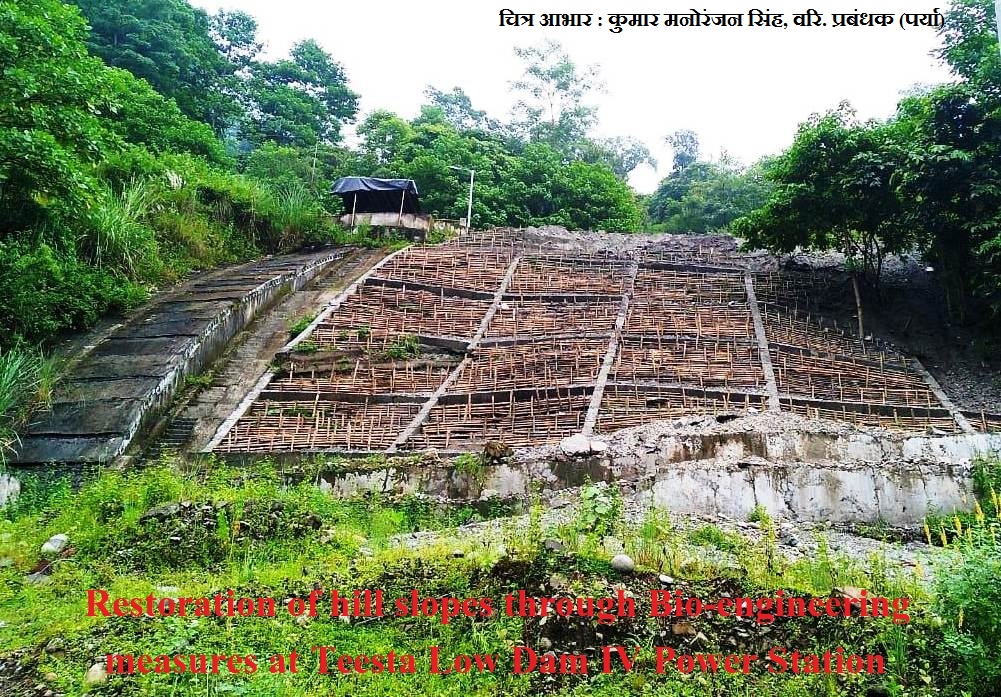

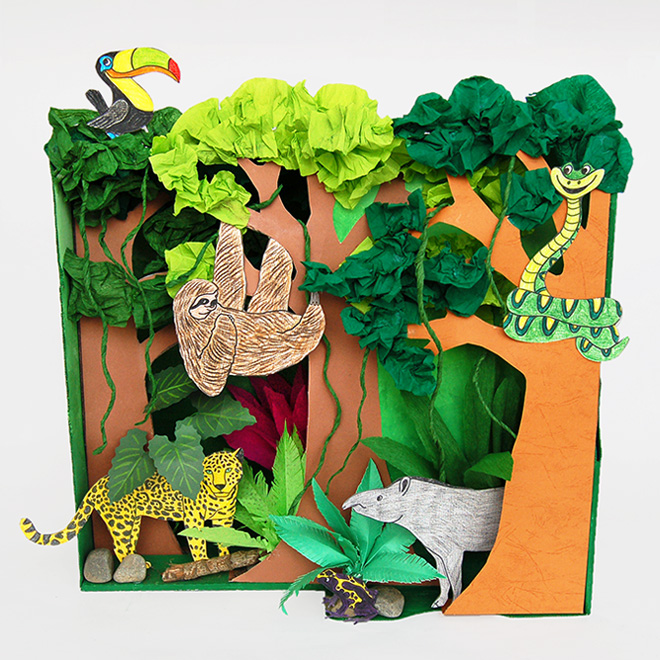
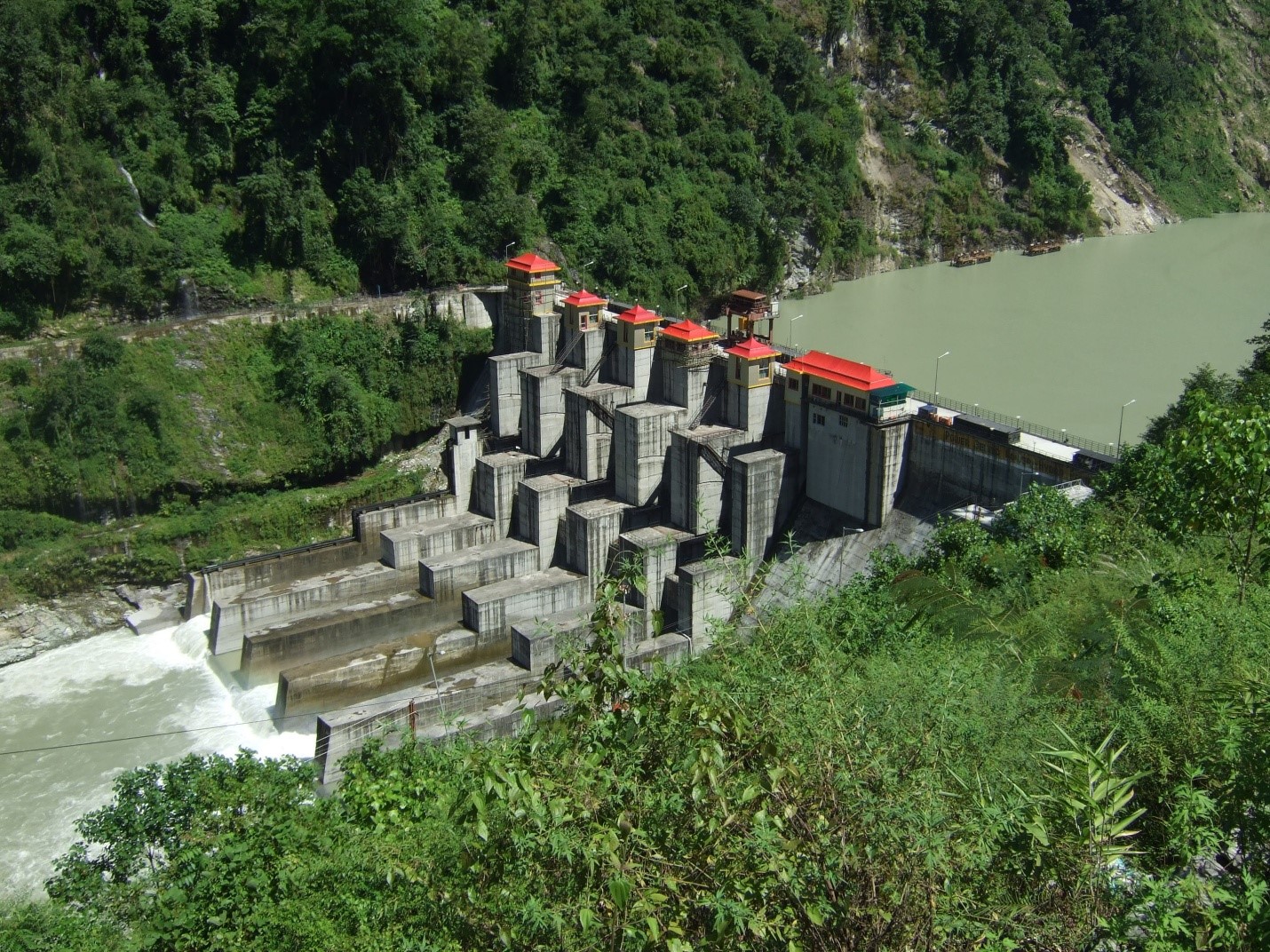
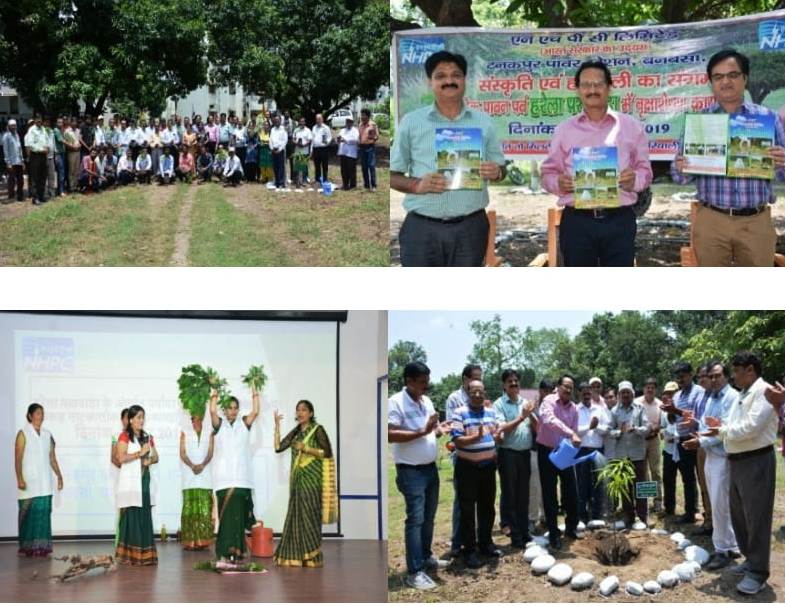
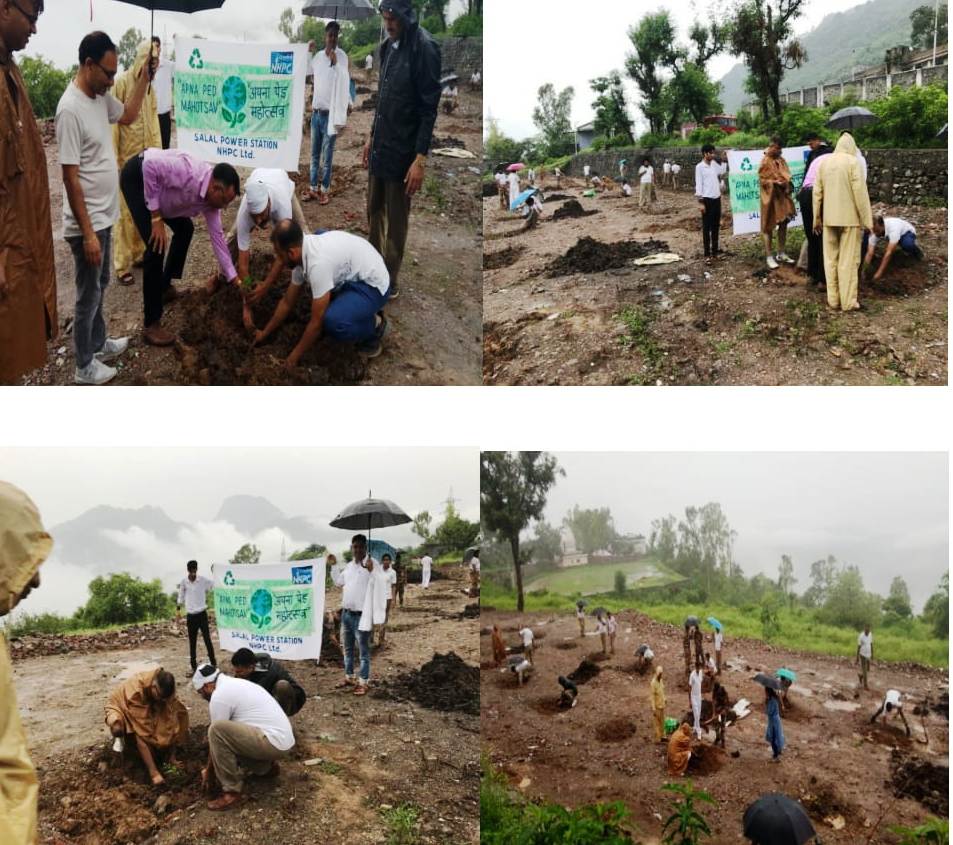
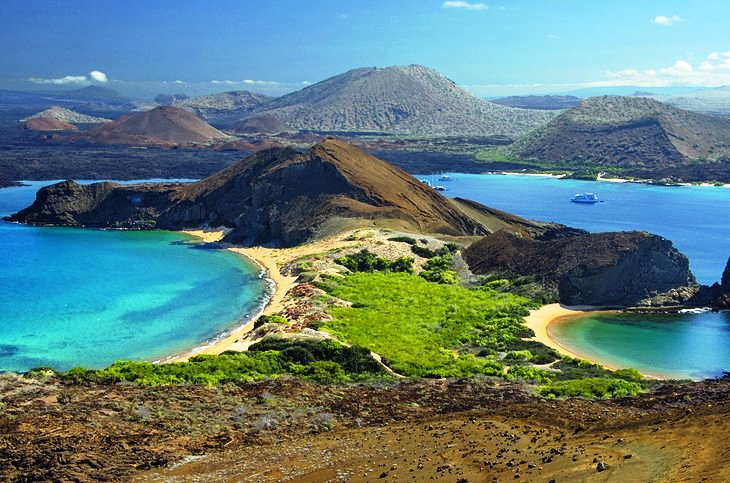
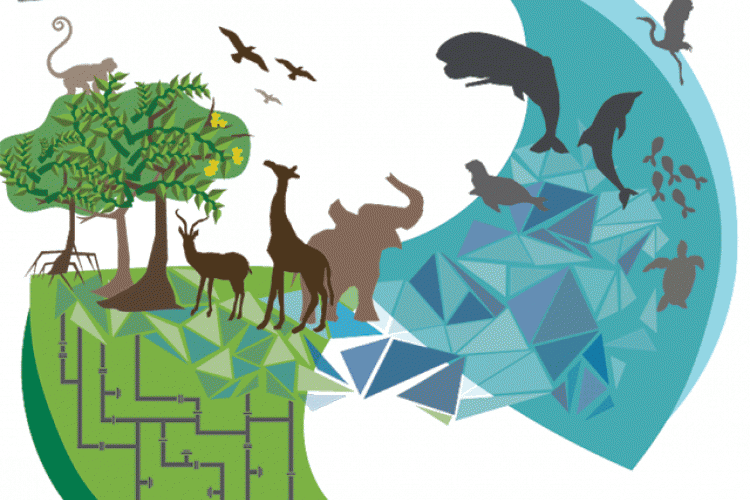

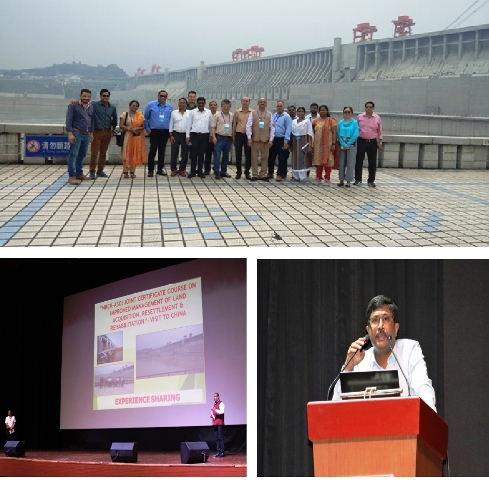
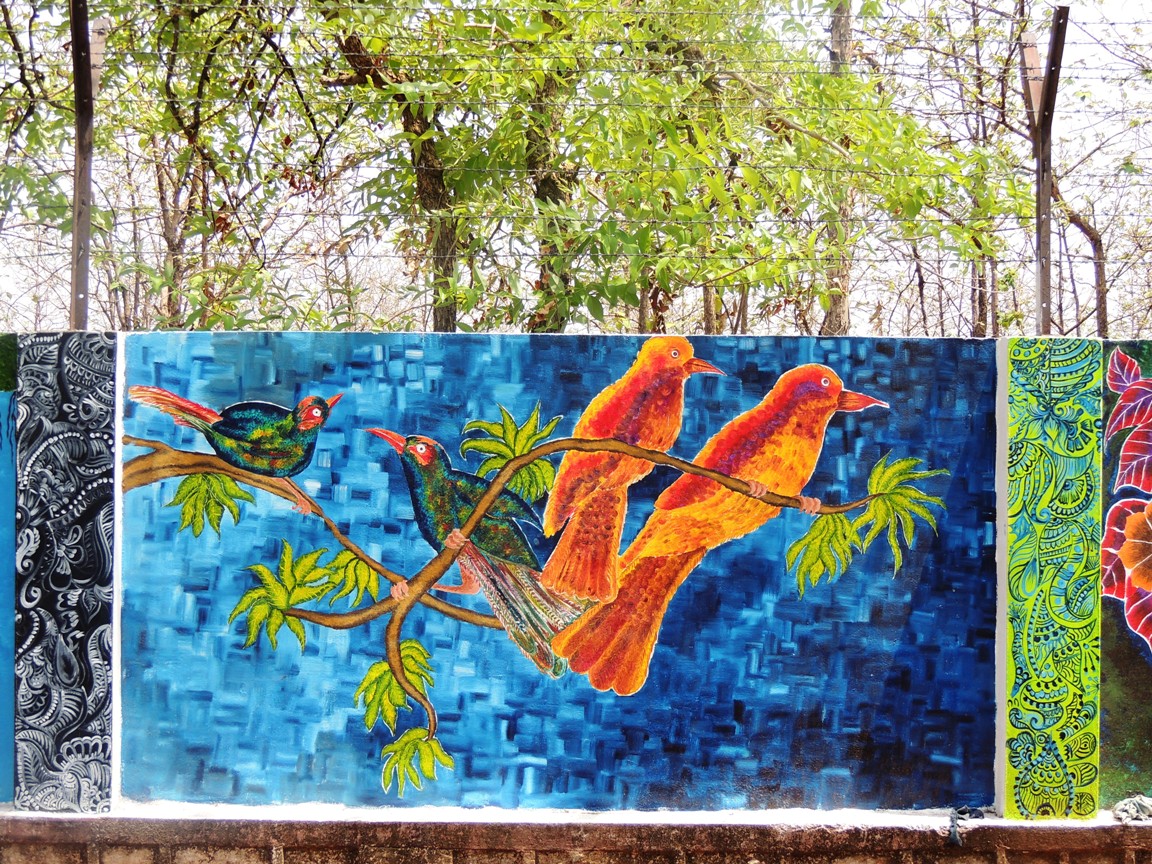
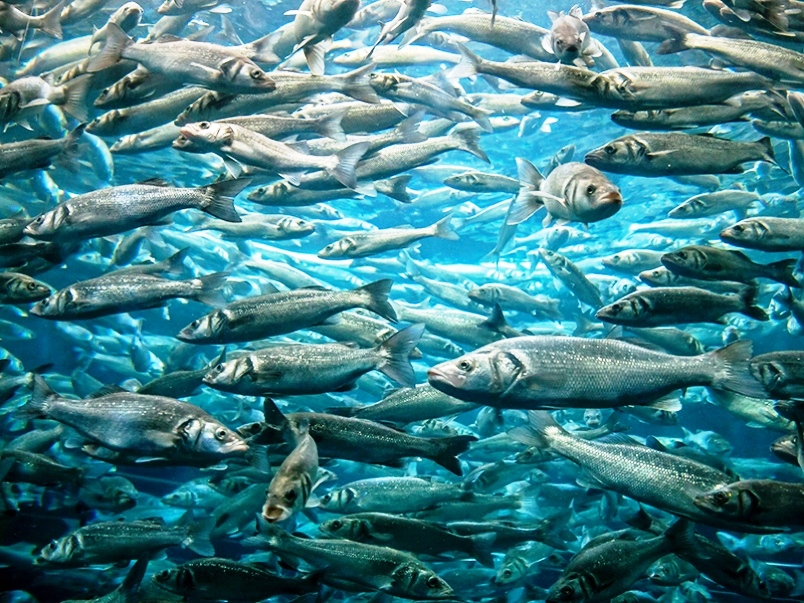
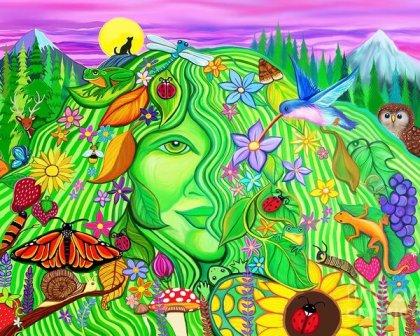
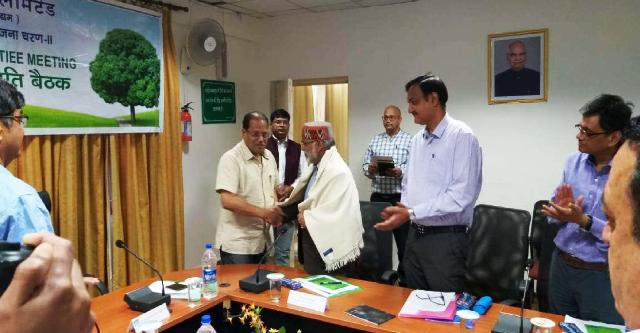

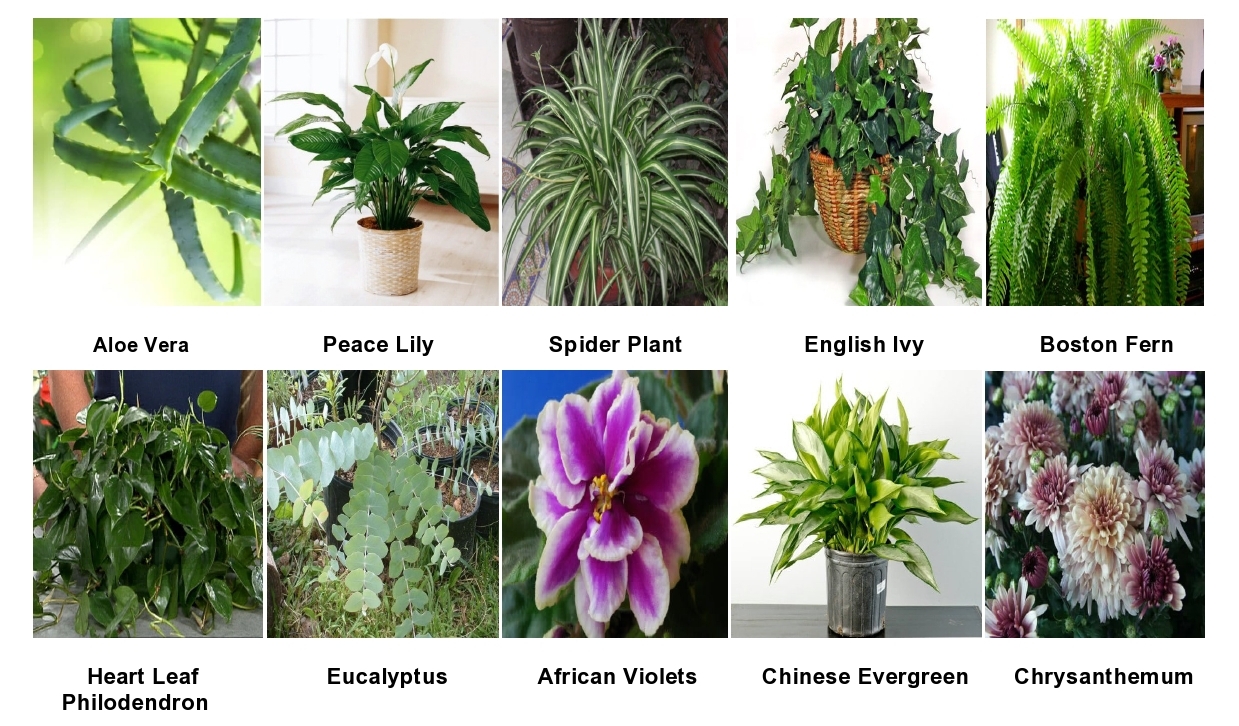
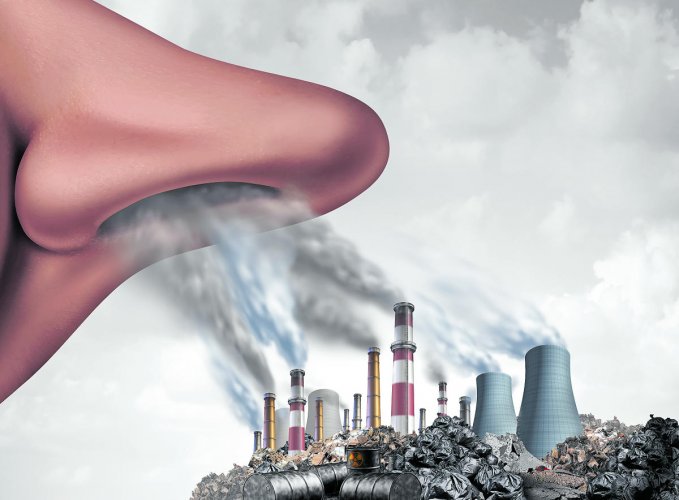
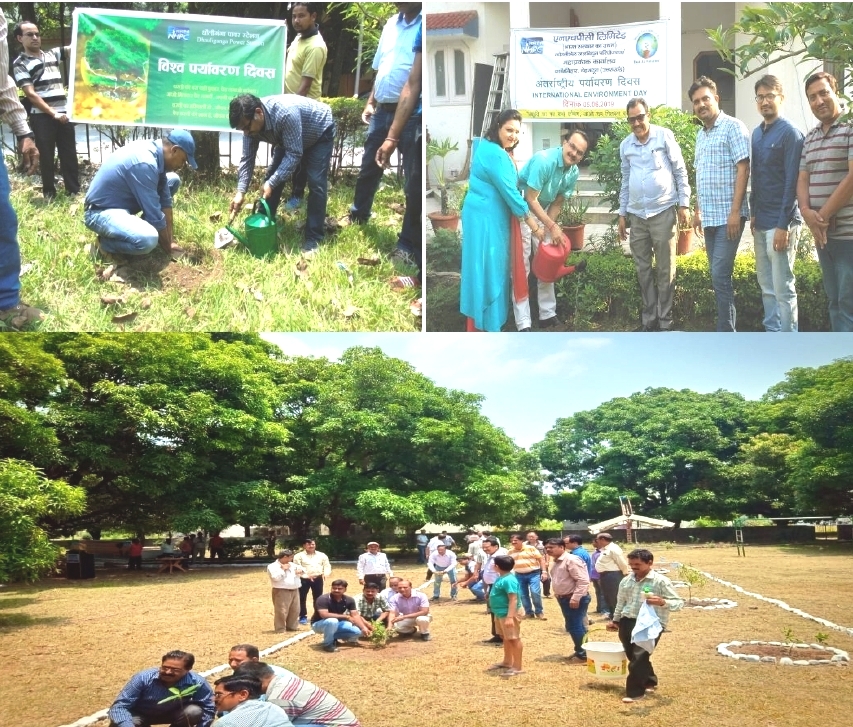
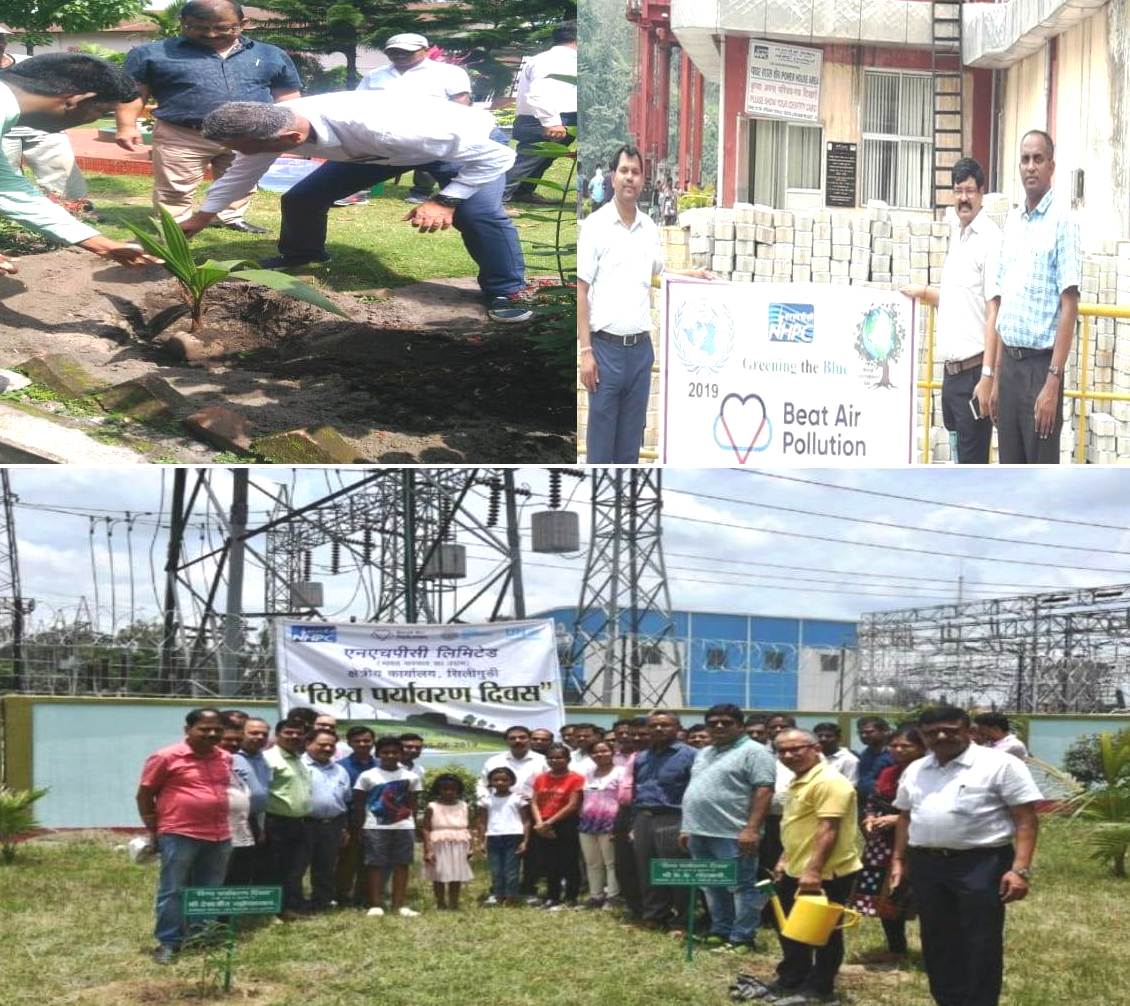

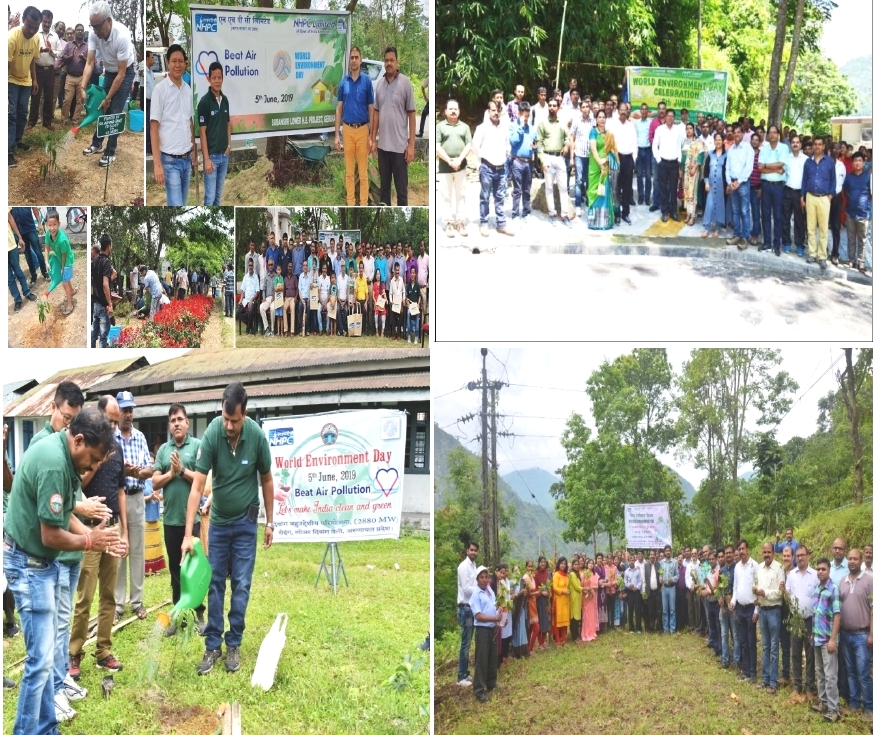
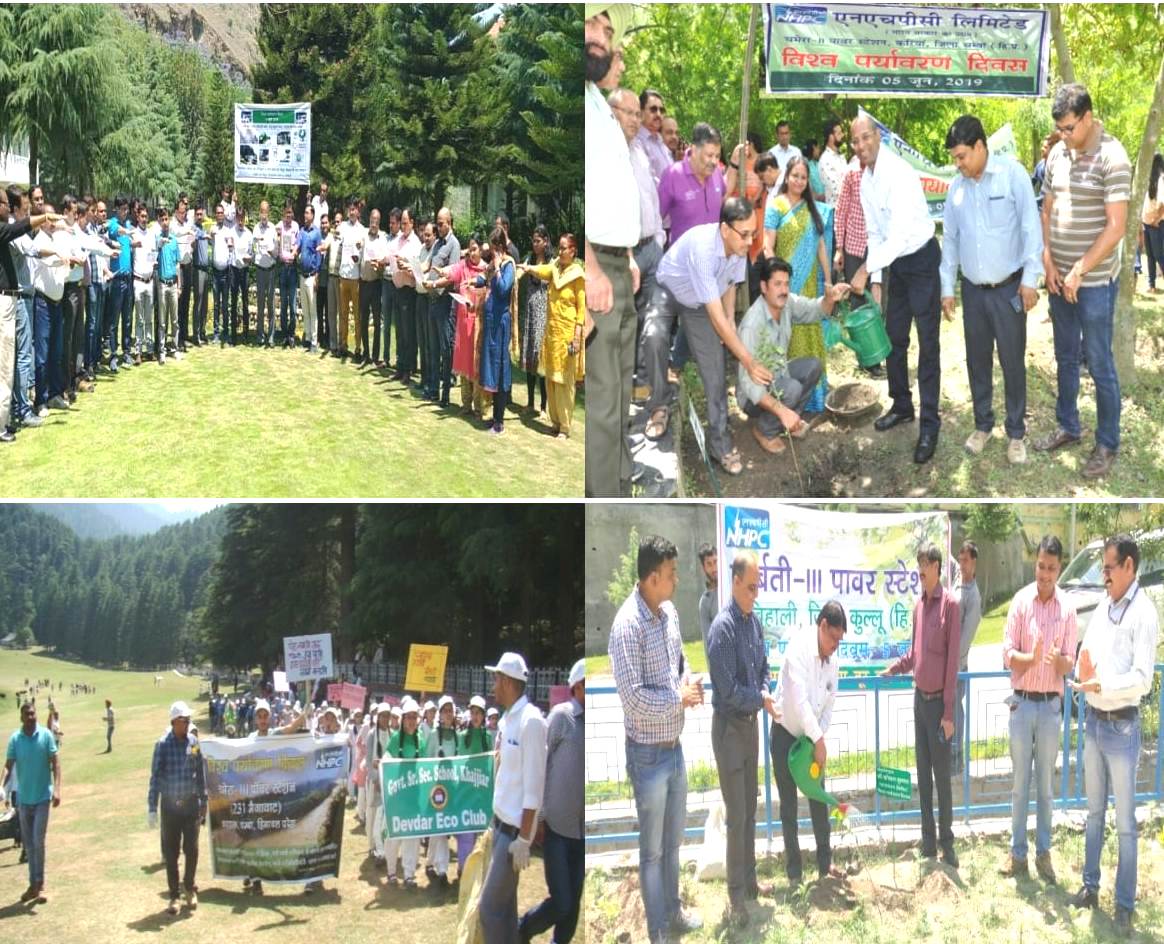
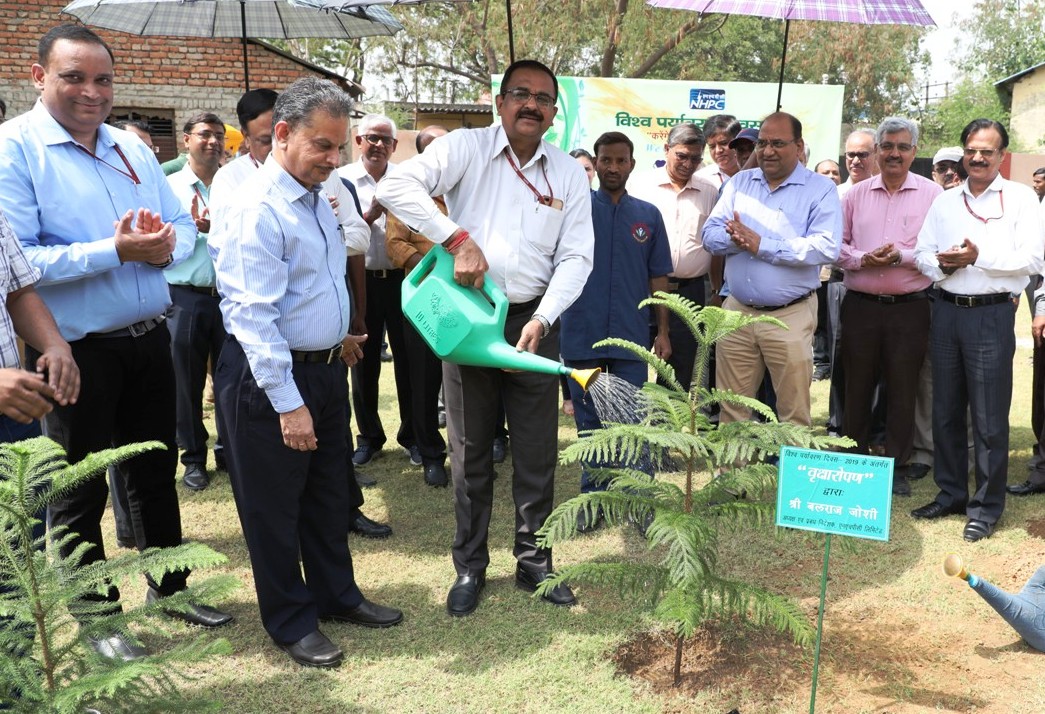
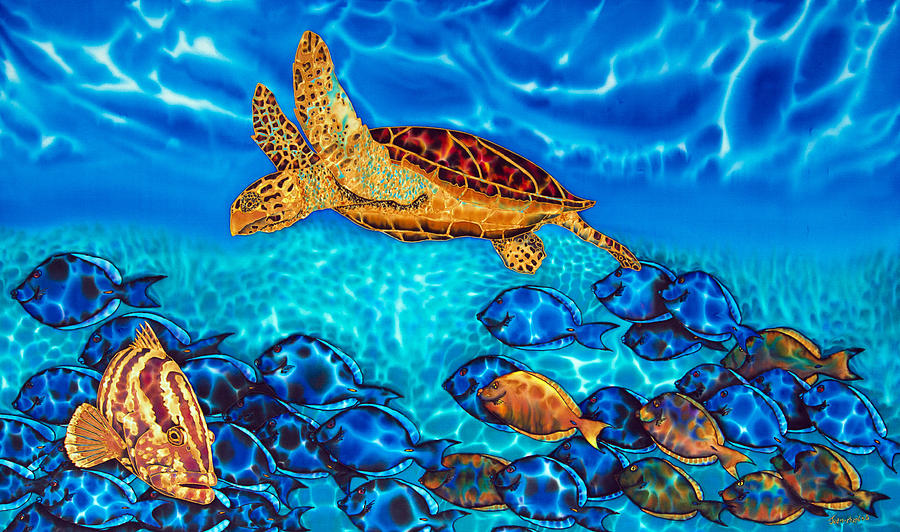

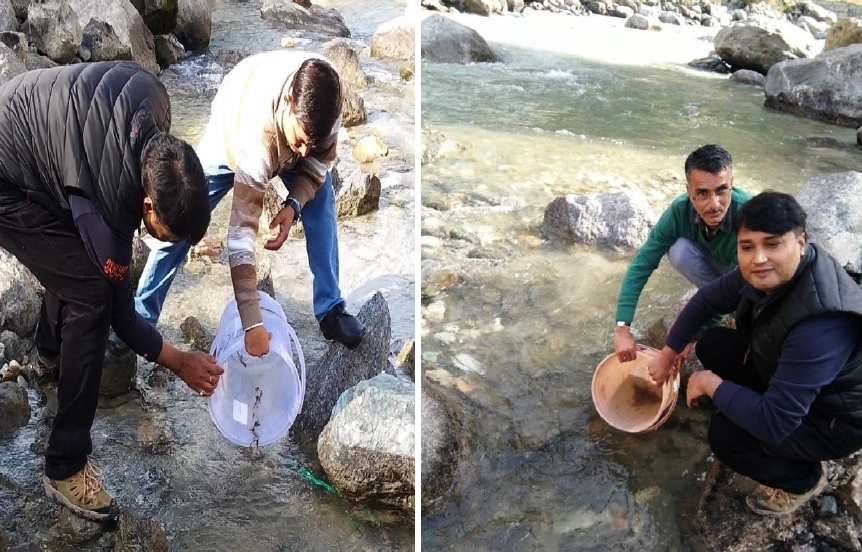


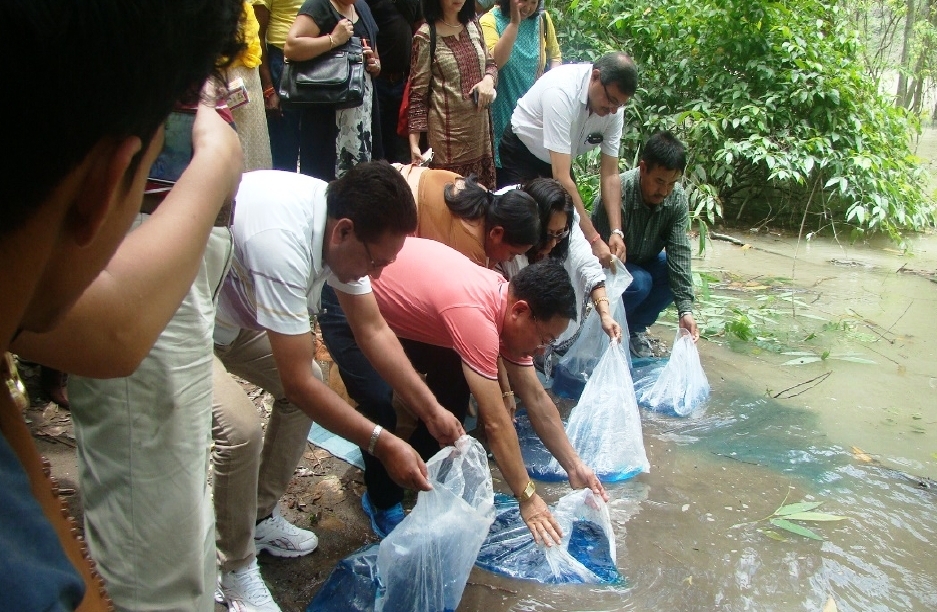
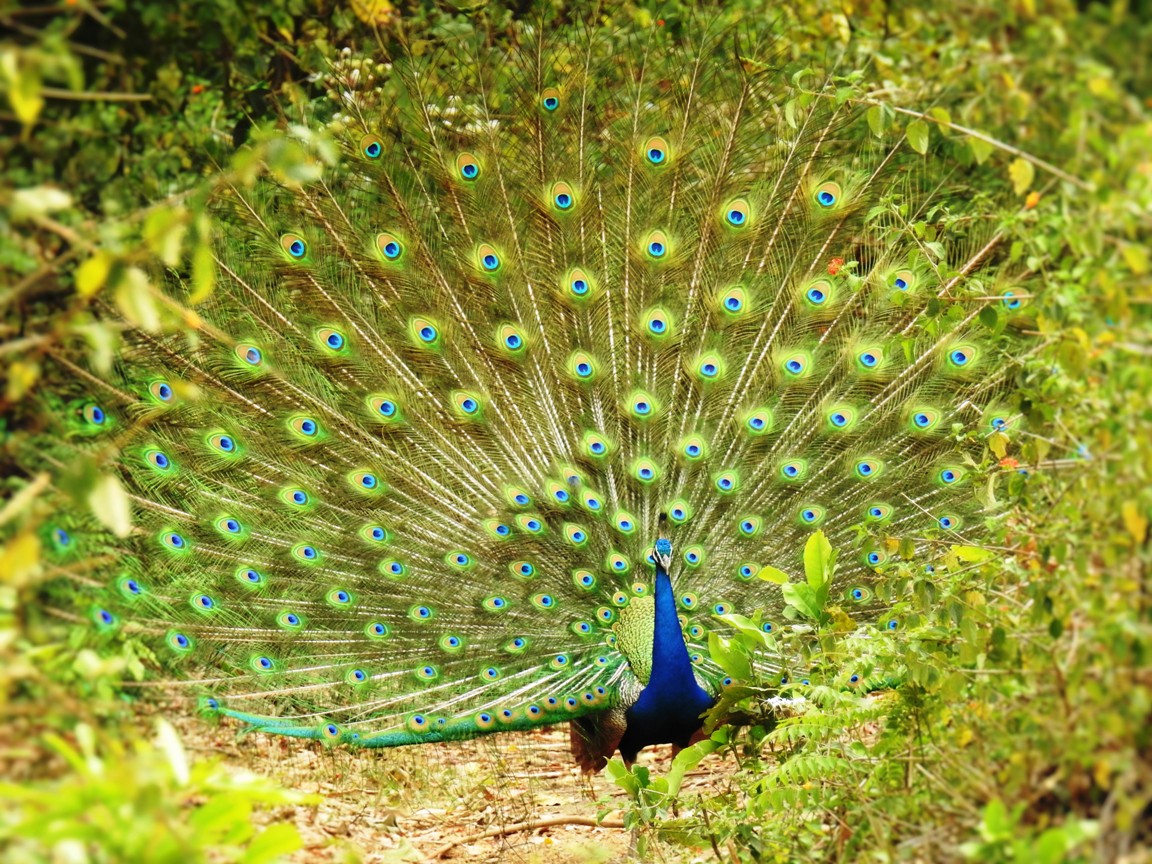
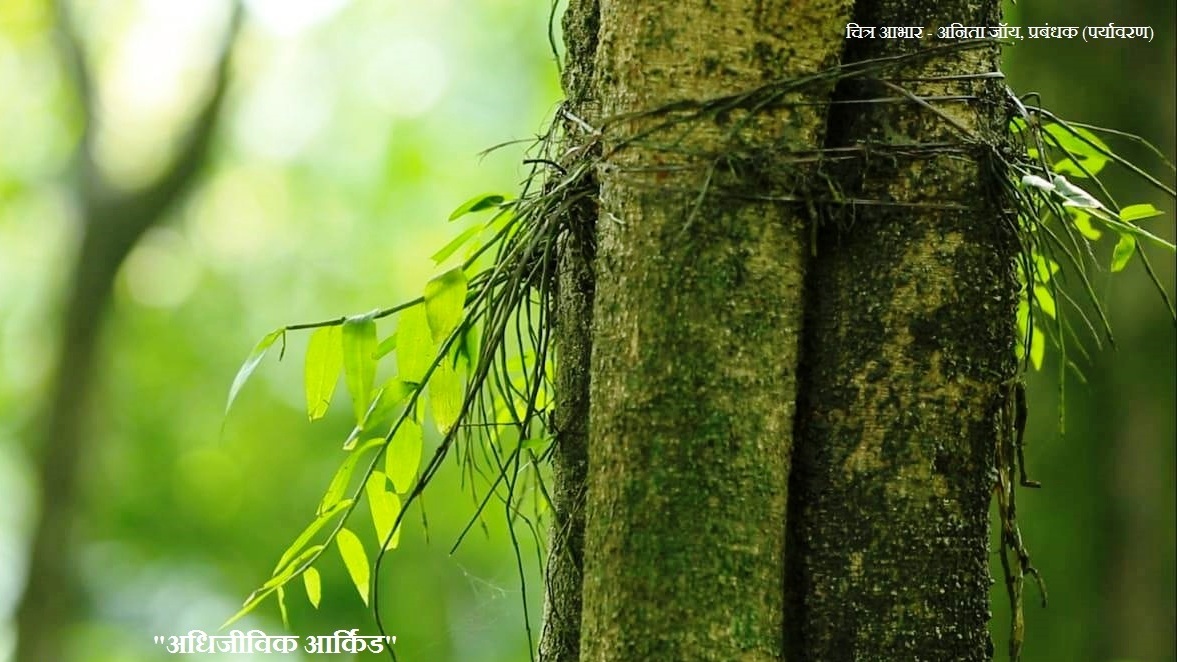
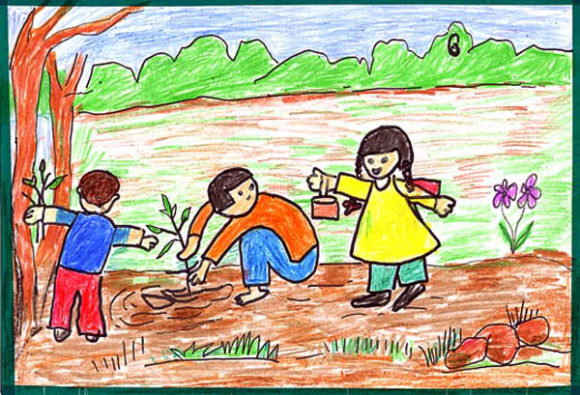
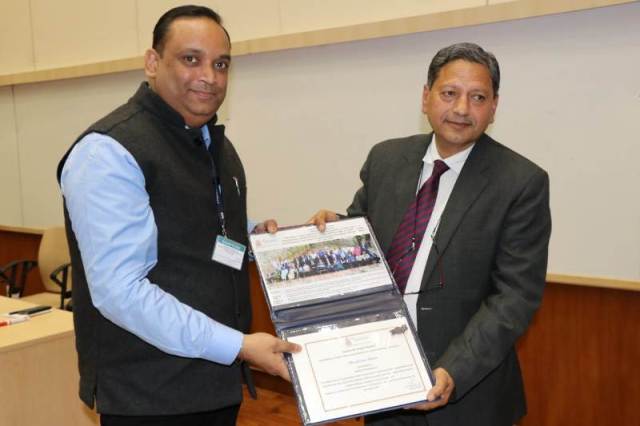
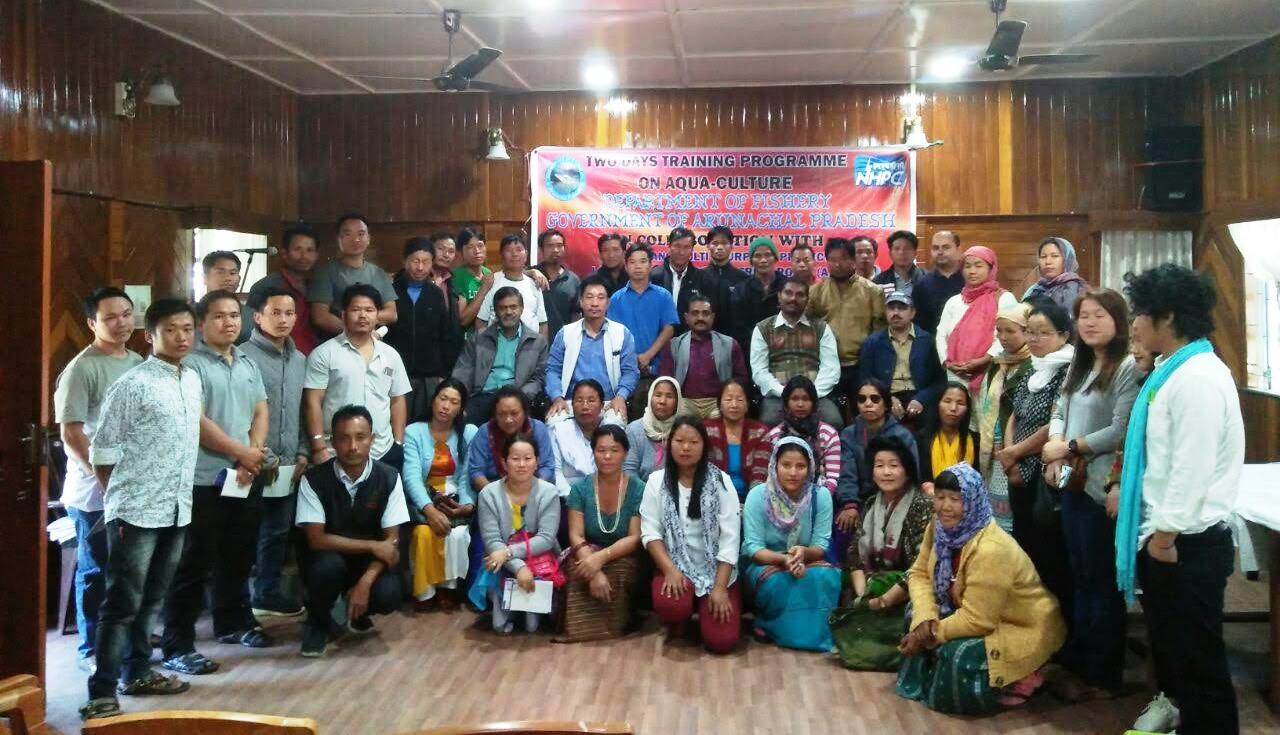
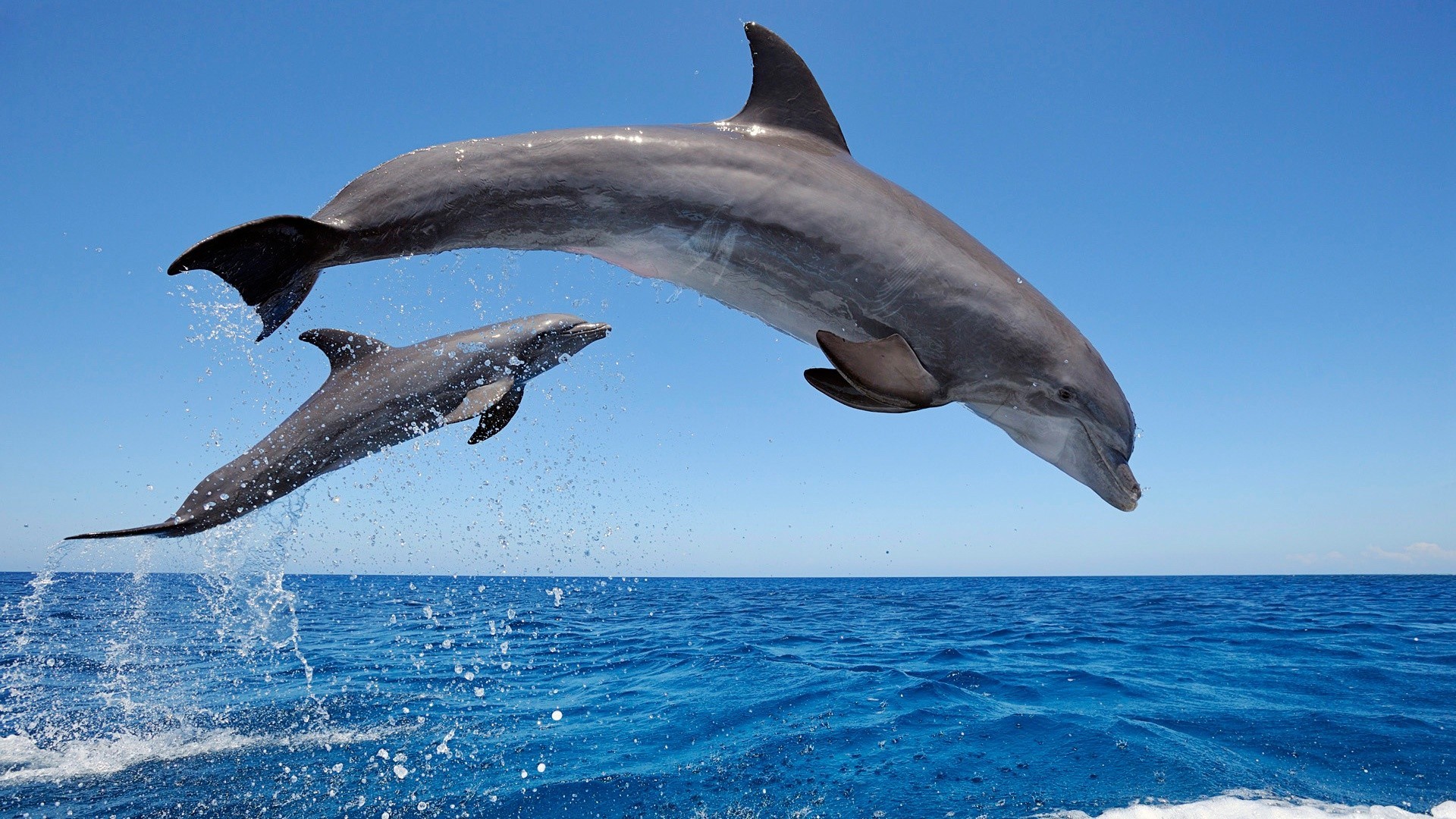
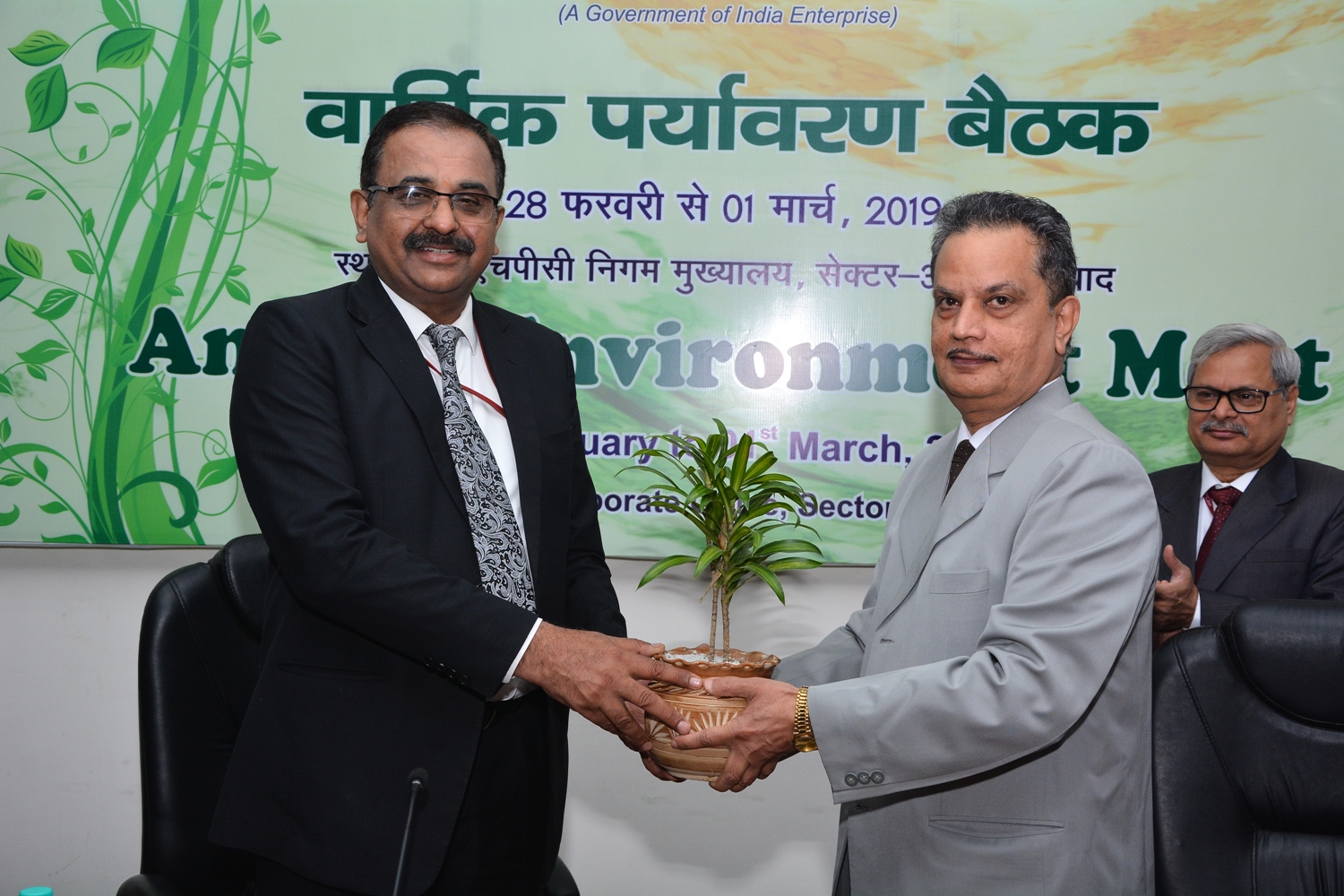









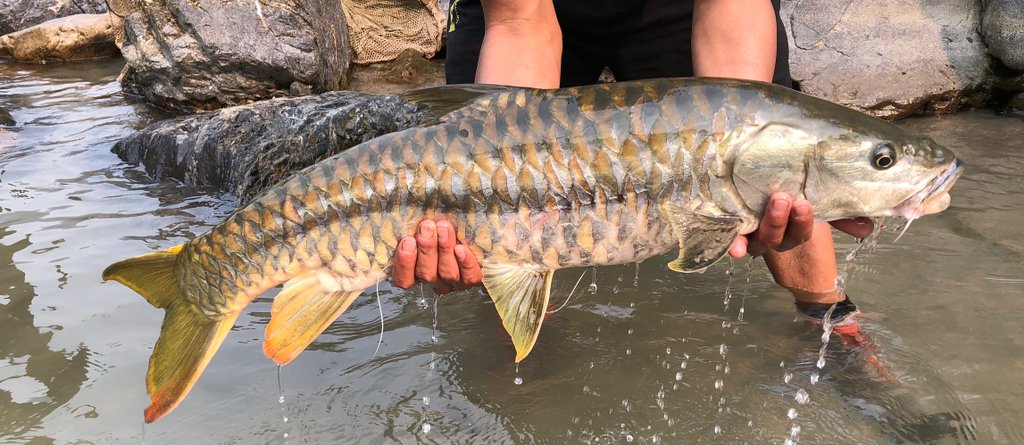
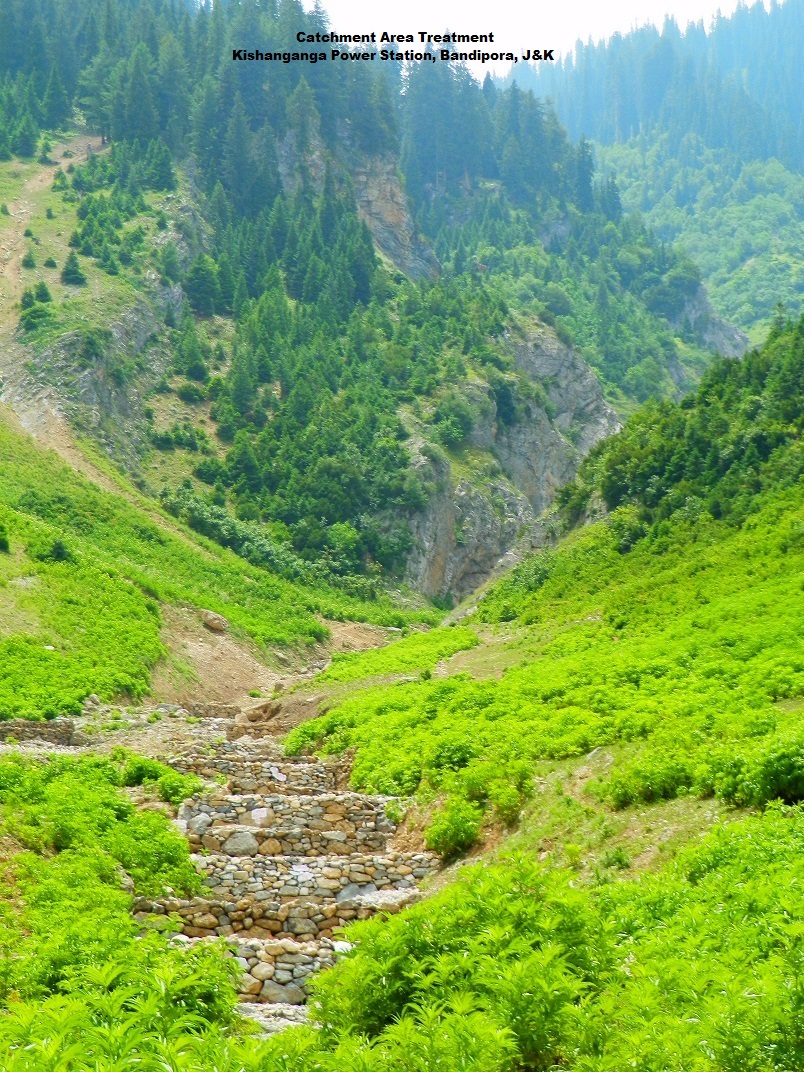
Leave a Reply